#include <EMM_DisplacementFVM_Interpolator.h>

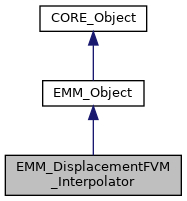
Public Member Functions | |
| void | interpolateUAtEdge (const tBoolean &withConstraints, const tUInteger &xCell, const tUInteger &yCell, const tUInteger &zCell, const tUInteger &Px, const tUInteger &Py, const tUInteger &Pz, const tBoolean *periodicity, const tDimension &dim, const tUCInt &l, const tUCInt &r, const tReal *Ucells, const tReal *Uc, const tLimitCondition *lc, const tBoolean &incU0, const tReal *U0, const tUIndex *Nc, const CORE_UIndexMorseArray &neighbors, tReal *iUc, const tReal *&iU) const |
| interpolate U at edge More... | |
| void | getSharedPointer (SP::CORE_Object &p) |
| get the shared pointer of this class into p More... | |
| void | getSharedPointer (SPC::CORE_Object &p) const |
| get the shared pointer of this class into p More... | |
| tString | getClassName () const |
| return the class name of the object More... | |
| tString | getIdentityString () const |
| return the identity string of the object of the form className_at_address More... | |
| tString | getPointerAddress () const |
| return the identity string of the object More... | |
| template<class T > | |
| tBoolean | isInstanceOf () const |
| test if the clas T is an instance of this class More... | |
| tBoolean | isInstanceOf (const tString &name) const |
| test if the object is an instance of className More... | |
| virtual tString | toString () const |
| return the string representation of the object node More... | |
Static Public Member Functions | |
| static tUSInt | computeNeighborCellsNumber (const tUInteger &iP, const tUInteger &jP, const tUInteger &kP, const tUInteger &Nx, const tUInteger &Ny, const tUInteger &Nz, const tBoolean *periodicity, const CORE_UIndexMorseArray &neighbors) |
| compute the number of cells connected to vertex More... | |
| static void | interpolateUAtVertex (tUInteger xP, tUInteger yP, tUInteger zP, const tUInteger &Nx, const tUInteger &Ny, const tUInteger &Nz, const tBoolean isPeriodic[3], const CORE_UIndexMorseArray &neighborIndices, const tDimension &dim, const tReal *Ucells, const tLimitCondition *lc, const tBoolean &incU0, const tReal *U0, const tLimitCondition &LCp, tReal *Up) |
| static void | interpolateAlmostNullUAtVertex (const tUInteger &xP, const tUInteger &yP, const tUInteger &zP, const tUInteger &Nx, const tUInteger &Ny, const tUInteger &Nz, const tBoolean isPeriodic[3], const CORE_UIndexMorseArray &neighborIndices, const tDimension &dim, const tUIndex &iCell, const tReal *Ui, const tLimitCondition *lc, const tLimitCondition &LCp, tReal *Up) |
| static void | interpolateUAtVertices (const tBoolean &withDirichletPoints, const tUInteger N[3], const tBoolean isPeriodic[3], const CORE_UIndexMorseArray &neighborIndices, const EMM_RealField &Ucells, const EMM_LimitConditionArray &limitConditionOnPoints, const EMM_RealField &U0, EMM_RealField &Up) |
| static void | interpolateUAtVertices (const tBoolean &withDirichletPoints, const tUInteger N[3], const tBoolean isPeriodic[3], const CORE_UIndexMorseArray &neighborIndices, const tUIndex &nCells, const tDimension &dim, const tReal *U, const EMM_LimitConditionArray &limitConditionOnPoints, const EMM_RealField &U0, EMM_RealField &Up) |
| static tBoolean | edgeMean (const tUInteger &xCell, const tUInteger &yCell, const tUInteger &zCell, const tUCInt &f, const tUCInt &g, const tBoolean *isPeriodic, const tUInteger &Px, const tUInteger &Py, const tUInteger &Pz, const tDimension &dim, const tLimitCondition *lc, const tBoolean &incU, const tReal *Upoints, tReal *Um) |
| compute the mean value of U defined on points at edge between face f and face g of the cell (xCell,yCell,zCell) More... | |
| static void | interpolateUAtFace (const tUInteger &xCell, const tUInteger &yCell, const tUInteger &zCell, const tUInteger &Px, const tUInteger &Py, const tUInteger &Pz, const tBoolean periodicity[3], const CORE_UIndexMorseArray &neighborsIndices, const tUCInt &f, const tDimension &dim, const tReal *Ucells, const tLimitCondition *lc, const tBoolean &incU0, const tReal *U0, tReal *Umean) |
| compute interpolation of U at Face More... | |
| static void | interpolateAlmostNullUAtFace (const tUInteger &xCell, const tUInteger &yCell, const tUInteger &zCell, const tUInteger &Px, const tUInteger &Py, const tUInteger &Pz, const tBoolean periodicity[3], const CORE_UIndexMorseArray &neighborsIndices, const tUCInt &f, const tDimension &dim, const tReal *Ui, const tLimitCondition *lc, const tBoolean &incU0, const tReal *U0, tReal *Umean) |
| compute interpolation of U at Face More... | |
| static tBoolean | faceMean (const tUInteger &xCell, const tUInteger &yCell, const tUInteger &zCell, const tUCInt &f, const tBoolean *isPeriodic, const tUInteger &Px, const tUInteger &Py, const tUInteger &Pz, const tDimension &dim, const tLimitCondition *lc, const tBoolean &incU, const tReal *Upoints, tReal *Um) |
| compute the mean value of U defined on points at face f of the cell (xCell,yCell,zCell) More... | |
| static tBoolean | cellMean (const tUInteger &xCell, const tUInteger &yCell, const tUInteger &zCell, const tBoolean *isPeriodic, const tUInteger &Px, const tUInteger &Py, const tUInteger &Pz, const tDimension &dim, const tLimitCondition *lc, const tBoolean &incU, const tReal *Upoints, tReal *Um) |
| compute the mean value of U defined on points at cell (xCell,yCell,zCell) More... | |
| static void | setIsMemoryChecked (const tBoolean &v) |
| set if the memory checking is used More... | |
| static void | setOut (SP::CORE_Out out) |
| set the output stream More... | |
| static void | resetOut () |
| reset the output stream More... | |
| static void | setThread (SP::CORE_Thread thread) |
| set the thread More... | |
| static void | resetThread () |
| reset the output stream More... | |
| static CORE_Out & | out () |
| get the output More... | |
| static SP::CORE_Out | getOut () |
| get the output More... | |
| static CORE_Thread & | getThread () |
| get the profilier More... | |
| static const tBoolean & | isMemoryChecked () |
| get if the memory checking is used More... | |
| static tString | getClassName (const tString &identityString) |
| return the class name of the object More... | |
| template<class T > | |
| static tString | getTypeName () |
| get type name More... | |
| static tBoolean | is64Architecture () |
| return true if the machine is a 64 bits machine More... | |
| static tBoolean | is32Architecture () |
| return true if the machine is a 32 bits machine More... | |
| static tString | pointer2String (const void *obj) |
| return the string representation of a pointer More... | |
| static void | printObjectsInMemory (ostream &f) |
| print object in memory More... | |
| static void | printObjectsInMemory () |
| print object in memory in the standart output More... | |
| static tChar | getMaxChar () |
| get the max value for tChar type More... | |
| static tChar | getMinChar () |
| get the min value for tChar type More... | |
| static tUChar | getMaxUChar () |
| get the max value for tUChar type More... | |
| static tUChar | getMinUChar () |
| get the min value for tUChar type More... | |
| static tSInt | getMaxSInt () |
| get the max value for tSInt type More... | |
| static tSInt | getMinSInt () |
| get the min value for tSInt type More... | |
| static tUSInt | getMaxUSInt () |
| get the max value for tUSInt type More... | |
| static tUSInt | getMinUSInt () |
| get the min value for tUSInt type More... | |
| static tInt | getMaxInt () |
| get the max value for tInt type More... | |
| static tInt | getMinInt () |
| get the min value for tInt type More... | |
| static tUInt | getMaxUInt () |
| get the max value for tUInt type More... | |
| static tUInt | getMinUInt () |
| get the min value for tUInt type More... | |
| static tLInt | getMaxLInt () |
| get the max value for tLInt type More... | |
| static tLInt | getMinLInt () |
| get the min value for tLInt type More... | |
| static tULInt | getMaxULInt () |
| get the max value for tULInt type More... | |
| static tULInt | getMinULInt () |
| get the min value for tULInt type More... | |
| static tLLInt | getMaxLLInt () |
| get the max value for tULInt type More... | |
| static tLLInt | getMinLLInt () |
| get the min value for tLLInt type More... | |
| static tULLInt | getMaxULLInt () |
| get the max value for tULLInt type More... | |
| static tULLInt | getMinULLInt () |
| get the min value for tULLInt type More... | |
| static tFloat | getMaxFloat () |
| get the max value for tFloat type More... | |
| static tFloat | getMinFloat () |
| get the min value for tFloat type More... | |
| template<class T > | |
| static T | getEpsilon () |
| get the epsilon value for T type More... | |
| template<class T > | |
| static T | getInfinity () |
| get the infinity for T type More... | |
| static tFloat | getFloatEpsilon () |
| get the epsilon value for tFloat type More... | |
| static tFloat | getFloatInfinity () |
| get the infinity value for tFloat type More... | |
| static tDouble | getMaxDouble () |
| get the max value for tDouble type More... | |
| static tDouble | getMinDouble () |
| get the min value for tDouble type More... | |
| static tDouble | getDoubleInfinity () |
| get the infinity value for tFloat type More... | |
| static tDouble | getDoubleEpsilon () |
| get the epsilon value for tDouble type More... | |
| static tLDouble | getMinLDouble () |
| get the min value for tLDouble type More... | |
| static tLDouble | getMaxLDouble () |
| get the max value for tLDouble type More... | |
| static tLDouble | getLDoubleEpsilon () |
| get the epsilon value for tLDouble type More... | |
| static tDouble | getLDoubleInfinity () |
| get the infinity value for tDouble type More... | |
| static tIndex | getMaxIndex () |
| get the max value for the array/vector indexing type More... | |
| static tIndex | getMinIndex () |
| get the min value for the array/vector indexing type More... | |
| static tUIndex | getMaxUIndex () |
| get the max value for difference the array/vector indexing type More... | |
| static tUIndex | getMinUIndex () |
| get the min value for difference the array/vector indexing type More... | |
| static tFlag | getMaxFlag () |
| get the max value for the tFlag type More... | |
| static tFlag | getMinFlag () |
| get the min value for the tFlag type More... | |
| static tUInteger | getMaxUInteger () |
| get the max value for the unsigned integer type More... | |
| static tUInteger | getMinUInteger () |
| get the min value for the unsigned integer type More... | |
| static tInteger | getMaxInteger () |
| get the max value for the integer type More... | |
| static tInteger | getMinInteger () |
| get the min value for the integer type More... | |
| static tReal | getMaxReal () |
| get the max value for the real type More... | |
| static tReal | getMinReal () |
| get the min value for the real type More... | |
| static tReal | getRealEpsilon () |
| get the eps which is the difference between 1 and the least value greater than 1 that is representable. More... | |
| static tReal | getRealInfinity () |
| get the infinity value More... | |
| template<class T > | |
| static T | computeEpsilon () |
| compute epsilon More... | |
Static Public Attributes | |
| static const tReal | Mu0 =4*M_PI*1e-07 |
| static const tReal | Gamma =-1.7e11 |
| static const tDimension | X =0 |
| static const tDimension | Y =1 |
| static const tDimension | Z =2 |
| static const tReal | NULL_VALUE [] ={0,0,0} |
Protected Member Functions | |
| EMM_DisplacementFVM_Interpolator (void) | |
| create More... | |
| virtual | ~EMM_DisplacementFVM_Interpolator (void) |
| destroy More... | |
| virtual void | toDoAfterThisSetting () |
| method called after the setting of the shared pointer this method can only be called once. More... | |
| void | setThis (SP::CORE_Object p) |
| set this weak shared pointer called toDoAfterThis setting method More... | |
Static Protected Attributes | |
| static const tUIndex | NEUMANN_FACE =CORE_Object::getMaxIndex() |
| static const tUIndex | DIRICHLET_FACE =CORE_Object::getMaxIndex()+1 |
Private Member Functions | |
| SP_OBJECT (EMM_DisplacementFVM_Interpolator) | |
Static Private Member Functions | |
| static void | interpolateUAtVertex (tUInteger xP, tUInteger yP, tUInteger zP, const tUInteger &Nx, const tUInteger &Ny, const tUInteger &Nz, const tBoolean isPeriodic[3], const CORE_UIndexMorseArray &neighborIndices, const tDimension &dim, const tReal *Ucells, const tUIndex &iCell, const tReal *Ui, const tLimitCondition *lc, const tBoolean &incU0, const tReal *U0, const tLimitCondition &LCp, tReal *Up) |
| static void | interpolateUAtFace (const tUInteger &xCell, const tUInteger &yCell, const tUInteger &zCell, const tUInteger &Px, const tUInteger &Py, const tUInteger &Pz, const tBoolean periodicity[3], const CORE_UIndexMorseArray &neighborsIndices, const tUCInt &f, const tDimension &dim, const tReal *Ucells, const tReal *Ui, const tLimitCondition *lc, const tBoolean &incU0, const tReal *U0, tReal *Umean) |
| compute interpolation of U at Face More... | |
Constructor & Destructor Documentation
◆ EMM_DisplacementFVM_Interpolator()
|
protected |
create
◆ ~EMM_DisplacementFVM_Interpolator()
|
protectedvirtual |
destroy
Member Function Documentation
◆ cellMean()
|
static |
compute the mean value of U defined on points at cell (xCell,yCell,zCell)
- Parameters
-
[in] xCell x-index of the cell in [0,Nx[ to compute the mean of U [in] yCell y-index of the cell in [0,Ny[ to compute the mean of U [in] zCell z-index of the cell in [0,Nz[ to compute the mean of U [in] isPeriodic : periodicity of the domain [in] Px : number of points in x-direction [in] Py : number of points in y-direction [in] Pz : number of points in z-direction [in] dim : dimension of each point of U [in] lc : limit condition on points [in] incU : size of incement of U (0: if constant) [in] Upoints values of U at all points [out] Um mean of U on cell
- Returns
- false if U is null
commpute the mean of U over the cell at segment indices xcell,yCell,zCell into Um
![$ U_m = \frac{1}{8} \sum_{i=0}^{i=7} U[iP] $](form_717.png) with iP is the point of the cell
with iP is the point of the cell
References EMM_Grid3D::ELEMENT_POINTS, EMM_Grid3D::GET_MASTER_PERIODIC_POINT(), EMM_Grid3D::getPeriodicIndicator(), null, EMM_Grid3D::POINTS_NUMBER_PER_ELEMENT, EMM_Grid3D::SLAVE_LIMIT_CONDITION, tBoolean, tDimension, tReal, tUCInt, tUIndex, and tUInteger.
Referenced by interpolateAlmostNullUAtFace().

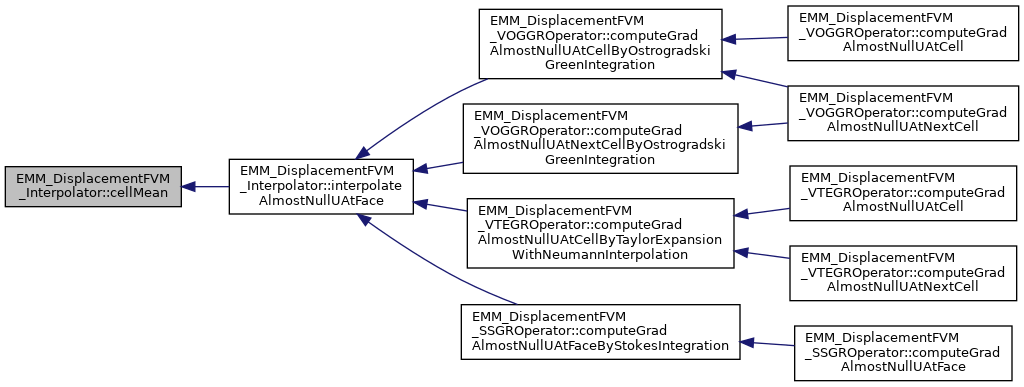
◆ computeEpsilon()
|
inlinestaticinherited |
compute epsilon
- Returns
- the epsilon value eps=10^{-p/3} where p is defined by getEpsilon()=10^{-p}
◆ computeNeighborCellsNumber()
|
static |
compute the number of cells connected to vertex
References EMM_Grid3D::ELEMENT_POINTS, CORE_MorseArray< T >::getSize(), EMM_Grid3D::POINTS_NUMBER_PER_ELEMENT, tBoolean, tInteger, tUInt, and tUSInt.
Referenced by EMM_DisplacementFVM_STEGROperator::computeGradAlmostNullUAtFaceByTaylorExpansion().


◆ edgeMean()
|
static |
compute the mean value of U defined on points at edge between face f and face g of the cell (xCell,yCell,zCell)
- Parameters
-
[in] xCell index of the segment of cell in the x-direction within [0,Nx[ to compute the mean of U [in] yCell index of the segment of cell in the y-direction within [0,Ny[ to compute the mean of U [in] zCell index of the segment of cell in the z-direction within [0,Nz[ to compute the mean of U [in] f face index in [0,FACES_NUMBER_PER_ELEMENT[ [in] g face index in [0,FACES_NUMBER_PER_ELEMENT[ [in] isPeriodic periodicity per direction [in] Px : number of points in x-direction [in] Py : number of points in y-direction [in] Pz : number of points in z-direction [in] dim : dimension of each point of U [in] lc : limit condition on points [in] incU : size of incement of U (0: if constant) [in] Upoints values of U at all points [out] Um : mean of U on cell
- Returns
- false if U is null
commpute the mean of U over the edge intersection with the face f and g on the cell at segment indices xcell,yCell,zCell into Um ![$ U_m= \frac{1}{2} \sum_{i=0}^{i=1} U[iP] $](form_714.png) with iP is the point of the edge
with iP is the point of the edge
References EMM_Grid3D::EDGE_POINTS, EMM_Grid3D::ELEMENT_POINTS, EMM_Grid3D::GET_MASTER_PERIODIC_POINT(), EMM_Grid3D::getPeriodicIndicator(), null, EMM_Grid3D::SLAVE_LIMIT_CONDITION, tBoolean, tCInt, tDimension, CORE_Integer::toString(), tReal, tUCInt, tUIndex, and tUInteger.
Referenced by interpolateUAtEdge(), and interpolateUAtVertices().

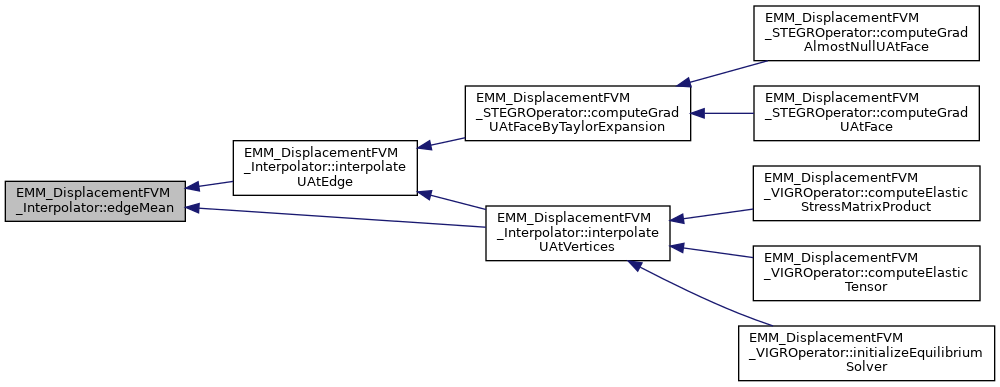
◆ faceMean()
|
static |
compute the mean value of U defined on points at face f of the cell (xCell,yCell,zCell)
- Parameters
-
[in] xCell x-index of the cell in [0,Nx[ to compute the mean of U [in] yCell y-index of the cell in [0,Ny[ to compute the mean of U [in] zCell z-index of the cell in [0,Nz[ to compute the mean of U [in] f face index in [0,FACES_NUMBER_PER_ELEMENT[ [in] isPeriodic : periodicity of the domain [in] Px : number of points in x-direction [in] Py : number of points in y-direction [in] Pz : number of points in z-direction [in] dim : dimension of each point of U [in] lc : limit condition on points [in] incU : size of incement of U (0: if constant) [in] Upoints values of U at all points [out] Um mean of U on cell
- Returns
- false if the mean of U is null. commpute the mean of U over the face f on the cell at segment indices xcell,yCell,zCell into Um
![$ U_m = \frac{1}{4} \sum_{i=0}^{i=3} U[iP] $](form_716.png) with iP is the point of the face
with iP is the point of the face
References EMM_Grid3D::ELEMENT_POINTS, EMM_Grid3D::FACE_POINTS, EMM_Grid3D::GET_MASTER_PERIODIC_POINT(), EMM_Grid3D::getPeriodicIndicator(), null, EMM_Grid3D::POINTS_NUMBER_PER_FACE, EMM_Grid3D::SLAVE_LIMIT_CONDITION, tBoolean, tDimension, tLimitCondition, tReal, tUCInt, tUIndex, and tUInteger.
Referenced by EMM_DisplacementFVMOperator::computeElasticStress(), EMM_DisplacementFVM_VTEGROperator::computeGradUAtCellByTaylorExpansionWithNeumannInterpolation(), EMM_DisplacementFVM_VGROperator::computeGradUAtFace(), EMM_DisplacementFVM_SSGROperator::computeGradUAtFaceByStokesIntegration(), EMM_DisplacementFVM_STEGROperator::computeGradUAtFaceByTaylorExpansion(), and interpolateAlmostNullUAtFace().

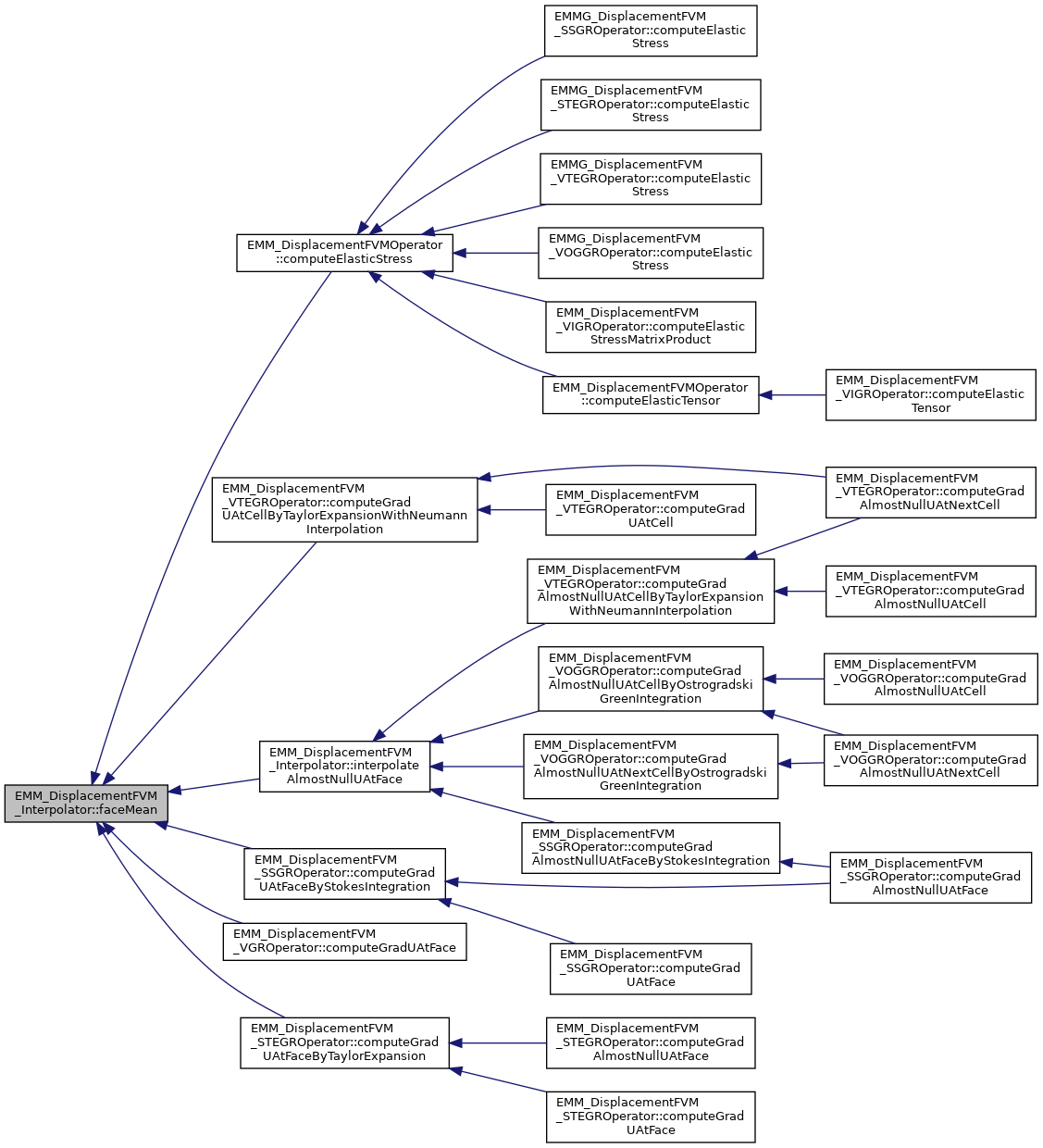
◆ getClassName() [1/2]
|
inherited |
return the class name of the object
- Returns
- the class name of the object
References tString.
Referenced by CORE_Object::getIdentityString(), EMM_Operator::getName(), and CORE_Object::isMemoryChecked().

◆ getClassName() [2/2]
return the class name of the object
- Parameters
-
identityString the identity string of the object
- Returns
- the class name
◆ getDoubleEpsilon()
|
inlinestaticinherited |
get the epsilon value for tDouble type
- Returns
- the epsilon value for tDouble type
Referenced by CORE_Test::testType().
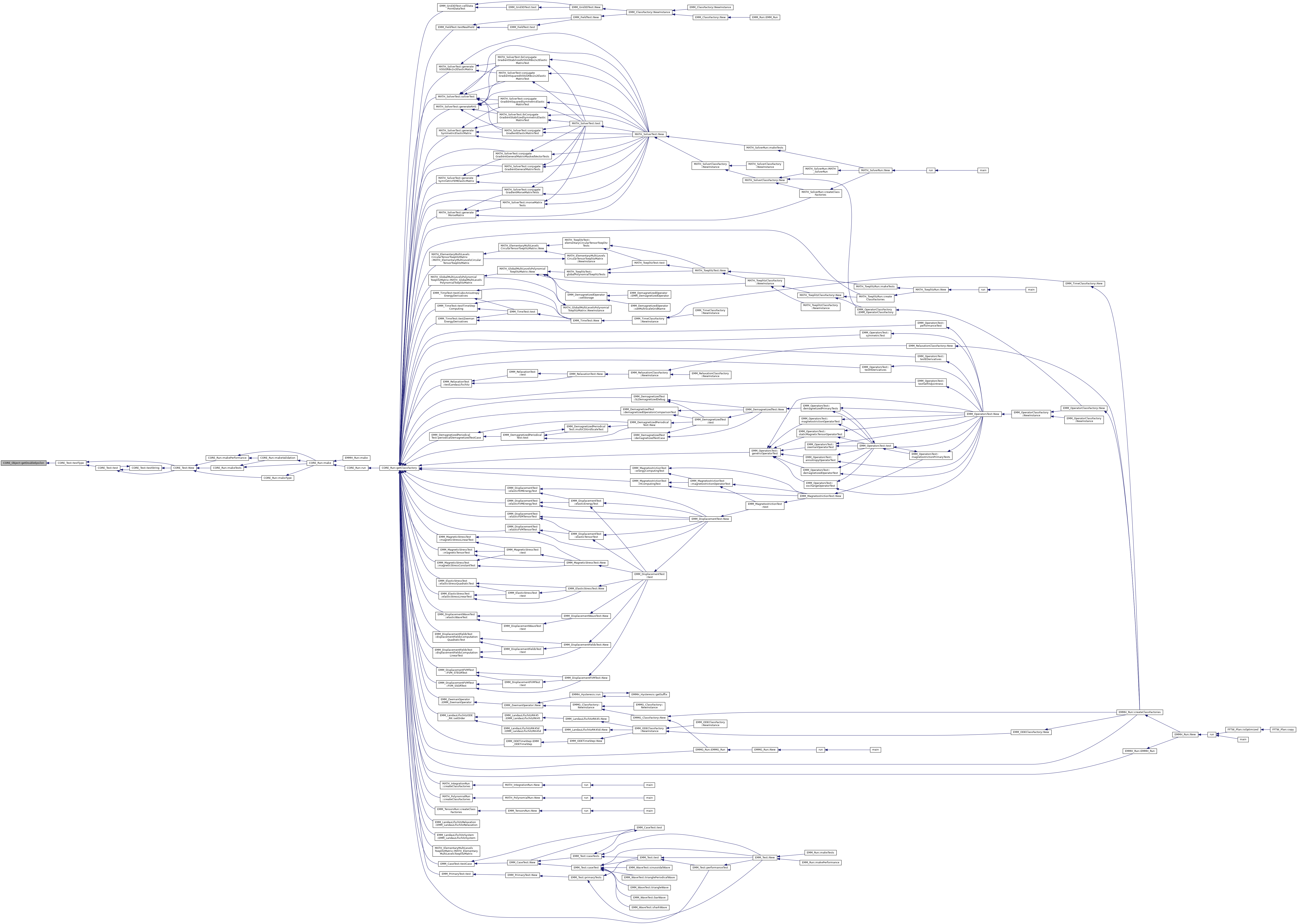
◆ getDoubleInfinity()
|
inlinestaticinherited |
get the infinity value for tFloat type
- Returns
- the intinity value for tFloat type
◆ getEpsilon()
|
inlinestaticinherited |
get the epsilon value for T type
- Returns
- the epsilon value for T type
◆ getFloatEpsilon()
|
inlinestaticinherited |
get the epsilon value for tFloat type
- Returns
- the epsilon value for tFloat type
Referenced by CORE_Test::testType().
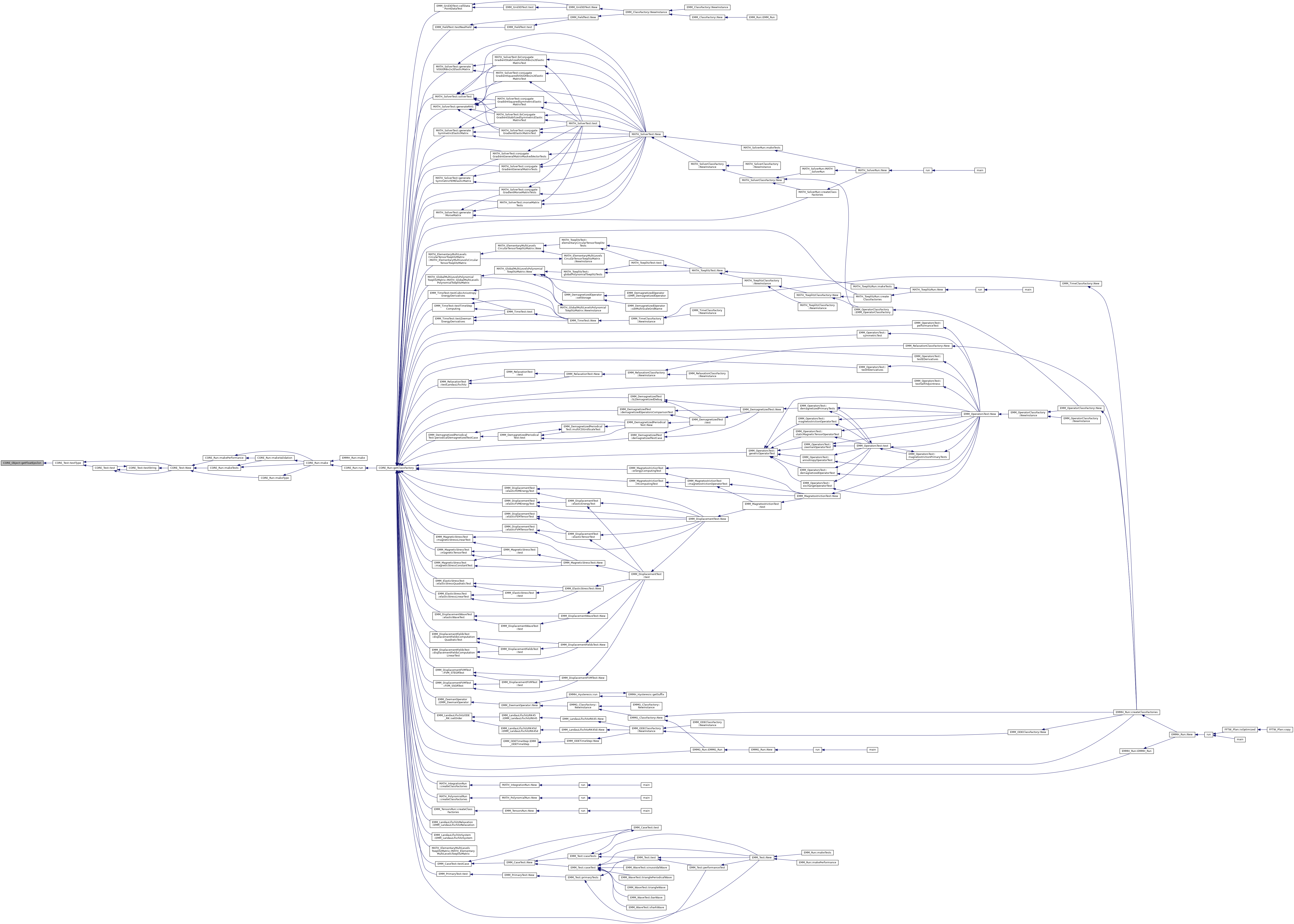
◆ getFloatInfinity()
|
inlinestaticinherited |
get the infinity value for tFloat type
- Returns
- the intinity value for tFloat type
◆ getIdentityString()
|
inlineinherited |
return the identity string of the object of the form className_at_address
- Returns
- the identity string of the object
References CORE_Object::getClassName(), CORE_Object::pointer2String(), and tString.
Referenced by MATH_GaussLegendreIntegration::copy(), EMM_MultiScaleGrid::initialize(), CORE_Object::isInstanceOf(), CORE_Object::printObjectsInMemory(), MATH_Matrix::toString(), EMMG_SLPeriodicMultiScale::toString(), EMM_Stepper::toString(), EMM_AnisotropyDirectionsField::toString(), EMM_BlockMassMatrix::toString(), CORE_Object::toString(), EMM_Tensors::toString(), EMM_MultiScaleGrid::toString(), EMM_MatterField::toString(), EMM_Grid3D::toString(), and EMM_LandauLifschitzSystem::toString().

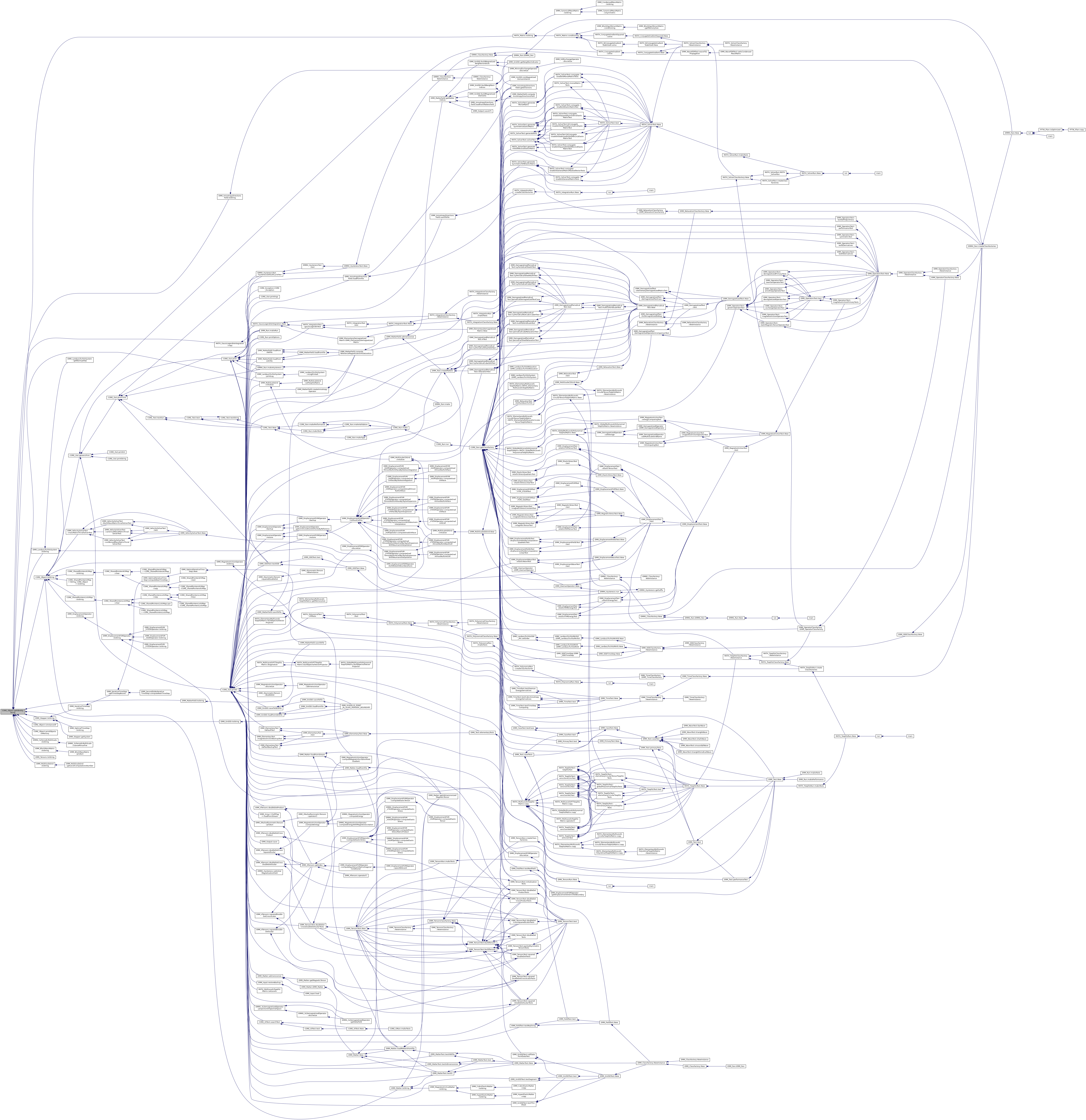
◆ getInfinity()
|
inlinestaticinherited |
get the infinity for T type
- Returns
- the infinity value for T type
◆ getLDoubleEpsilon()
|
inlinestaticinherited |
get the epsilon value for tLDouble type
- Returns
- the epsilon value for tLDouble type
Referenced by CORE_Test::testType().

◆ getLDoubleInfinity()
|
inlinestaticinherited |
get the infinity value for tDouble type
- Returns
- the infinity value for tDouble type
◆ getMaxChar()
|
inlinestaticinherited |
get the max value for tChar type
- Returns
- the max value for tChar type
Referenced by CORE_Test::testType().

◆ getMaxDouble()
|
inlinestaticinherited |
get the max value for tDouble type
- Returns
- the max value for tDouble type
Referenced by CORE_Test::testType().
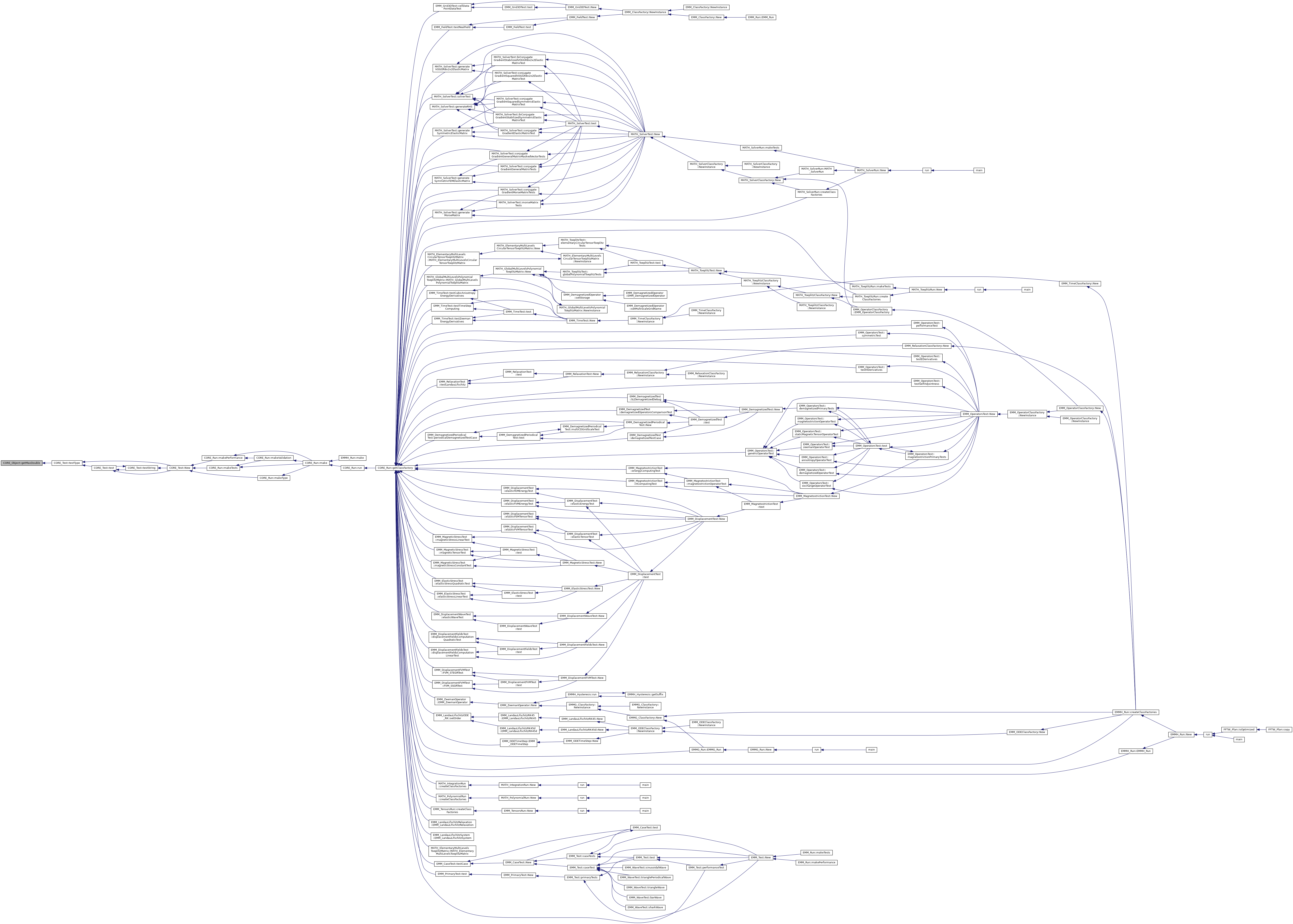
◆ getMaxFlag()
|
inlinestaticinherited |
get the max value for the tFlag type
- Returns
- the max value for the tFlag type
Referenced by CORE_Test::testType().

◆ getMaxFloat()
|
inlinestaticinherited |
get the max value for tFloat type
- Returns
- the max value for tFloat type
Referenced by CORE_Test::testType().
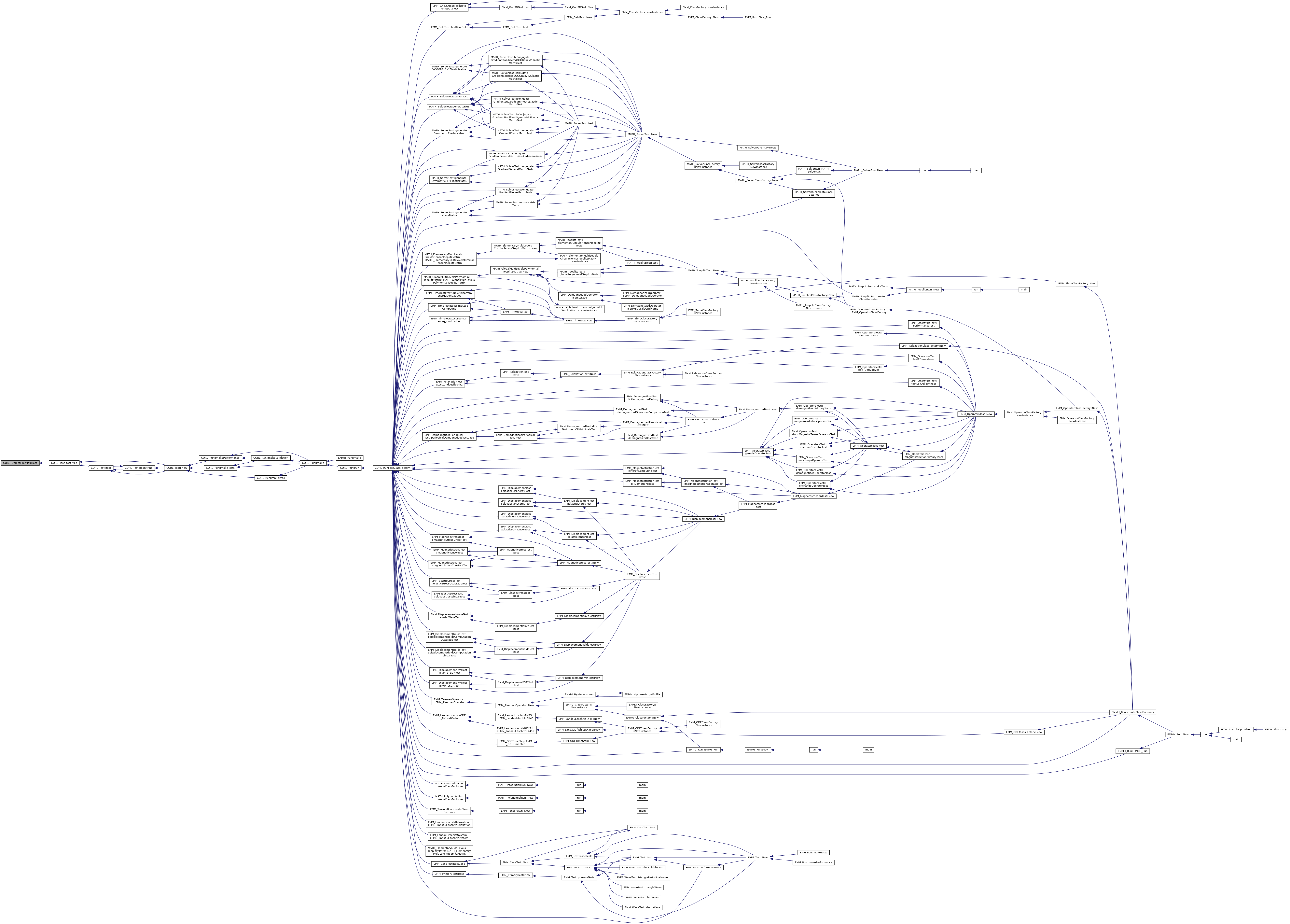
◆ getMaxIndex()
|
inlinestaticinherited |
get the max value for the array/vector indexing type
- Returns
- the max value for the array/vector indexing type
Referenced by CORE_Test::testType().
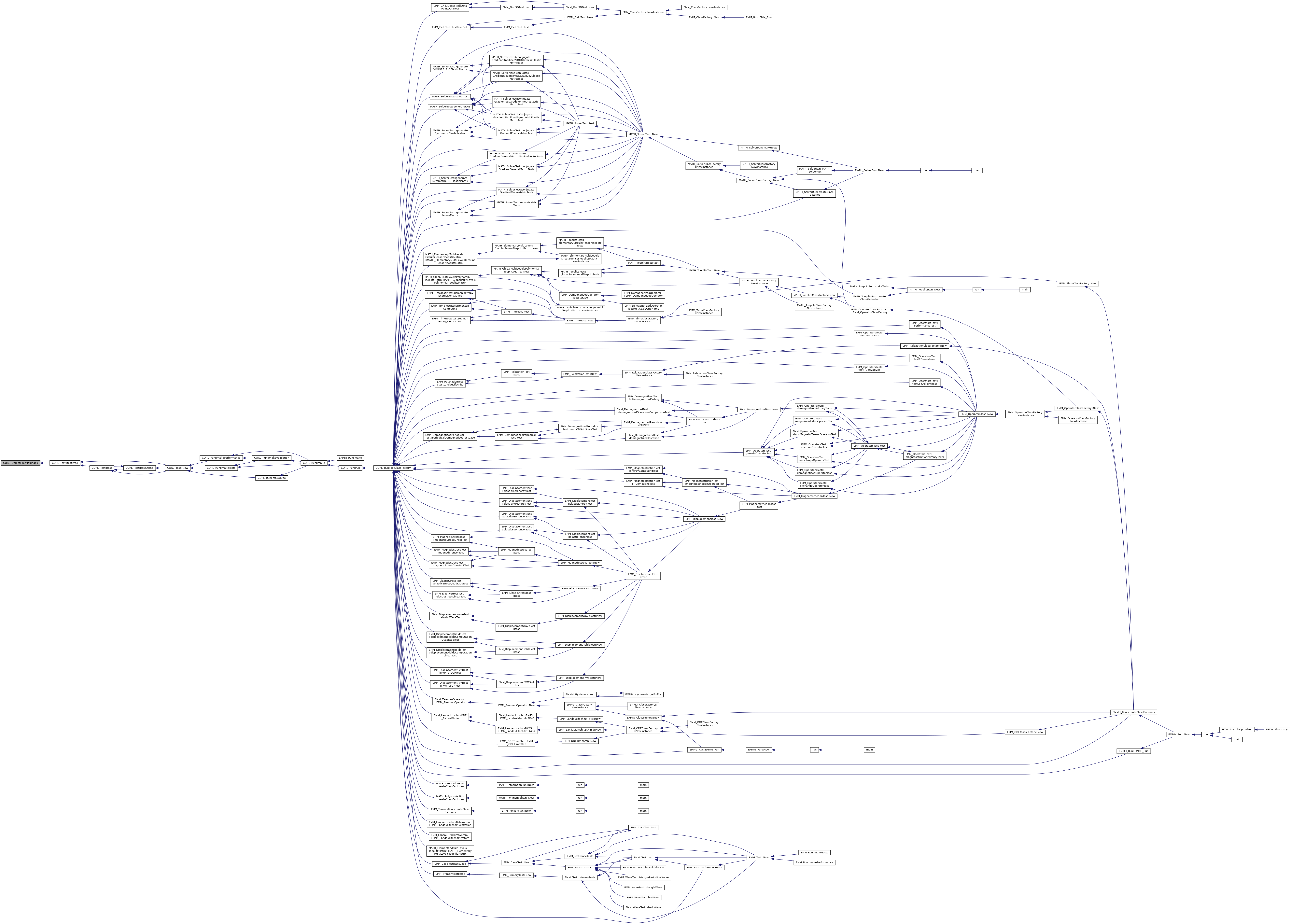
◆ getMaxInt()
|
inlinestaticinherited |
get the max value for tInt type
- Returns
- the max value for tInt type
Referenced by MATSGN_FFT::fastFourierTransform3D_FFTW(), and CORE_Test::testType().

◆ getMaxInteger()
|
inlinestaticinherited |
get the max value for the integer type
- Returns
- the max value for the integer type
Referenced by CORE_Test::testType().
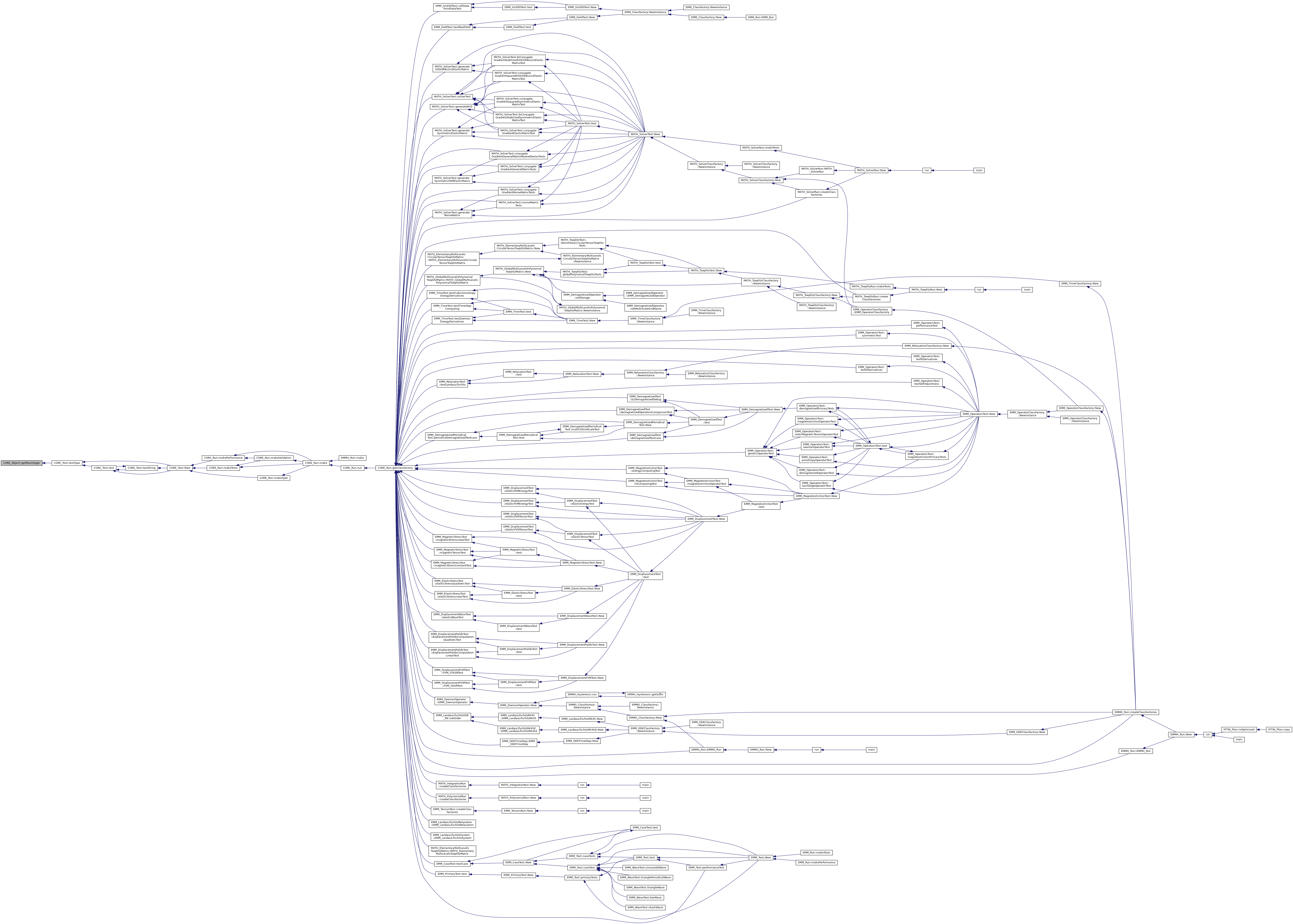
◆ getMaxLDouble()
|
inlinestaticinherited |
get the max value for tLDouble type
- Returns
- the max value for tLDouble type
Referenced by CORE_Test::testType().
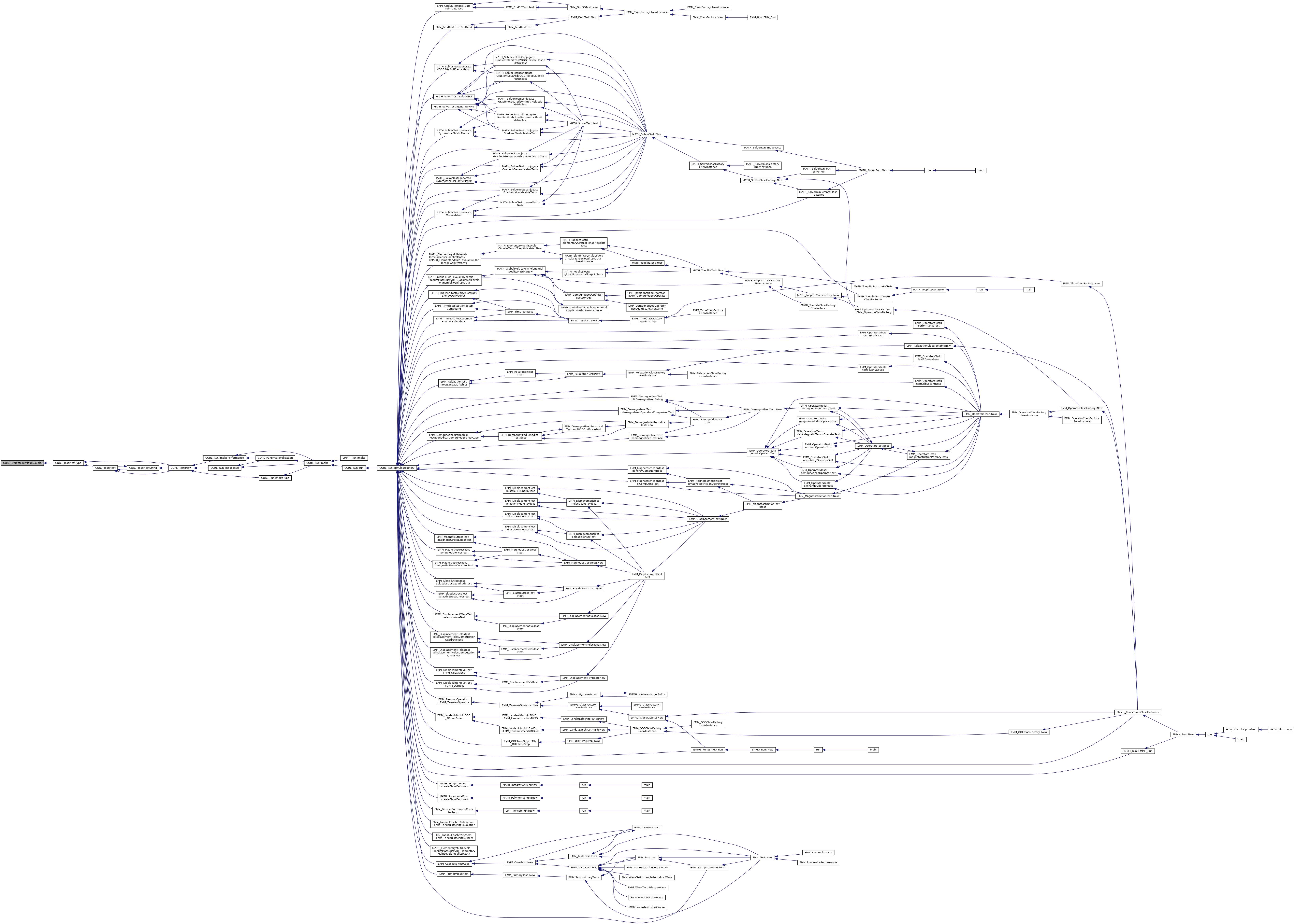
◆ getMaxLInt()
|
inlinestaticinherited |
get the max value for tLInt type
- Returns
- the max value for tLInt type
Referenced by CORE_Test::testType().

◆ getMaxLLInt()
|
inlinestaticinherited |
get the max value for tULInt type
- Returns
- the max value for tULInt type
Referenced by CORE_Test::testType().
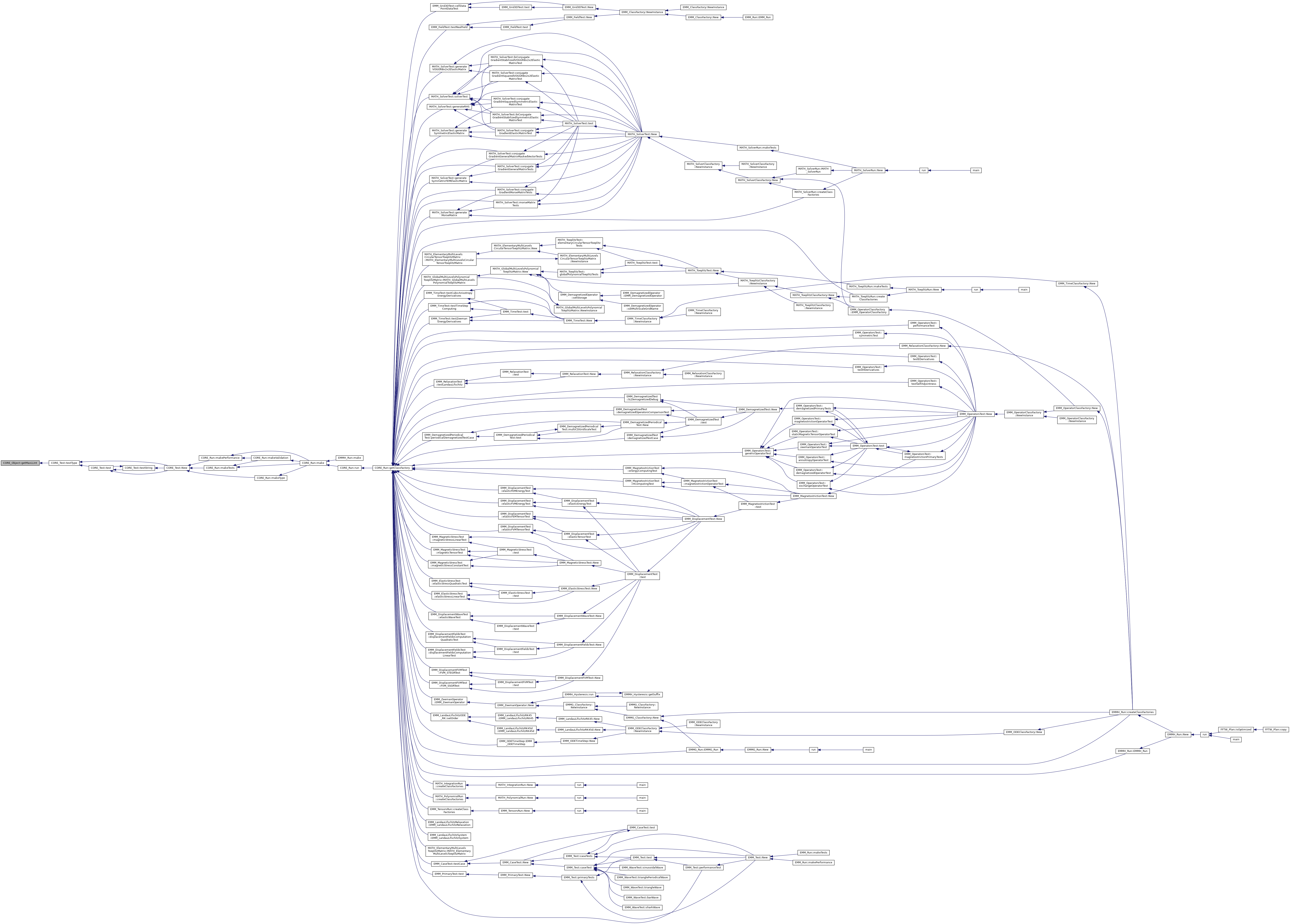
◆ getMaxReal()
|
inlinestaticinherited |
get the max value for the real type
- Returns
- he max value for the real type
Referenced by EMM_MatterField::adimensionize(), and CORE_Test::testType().

◆ getMaxSInt()
|
inlinestaticinherited |
get the max value for tSInt type
- Returns
- the max value for tSInt type
Referenced by CORE_Test::testType().
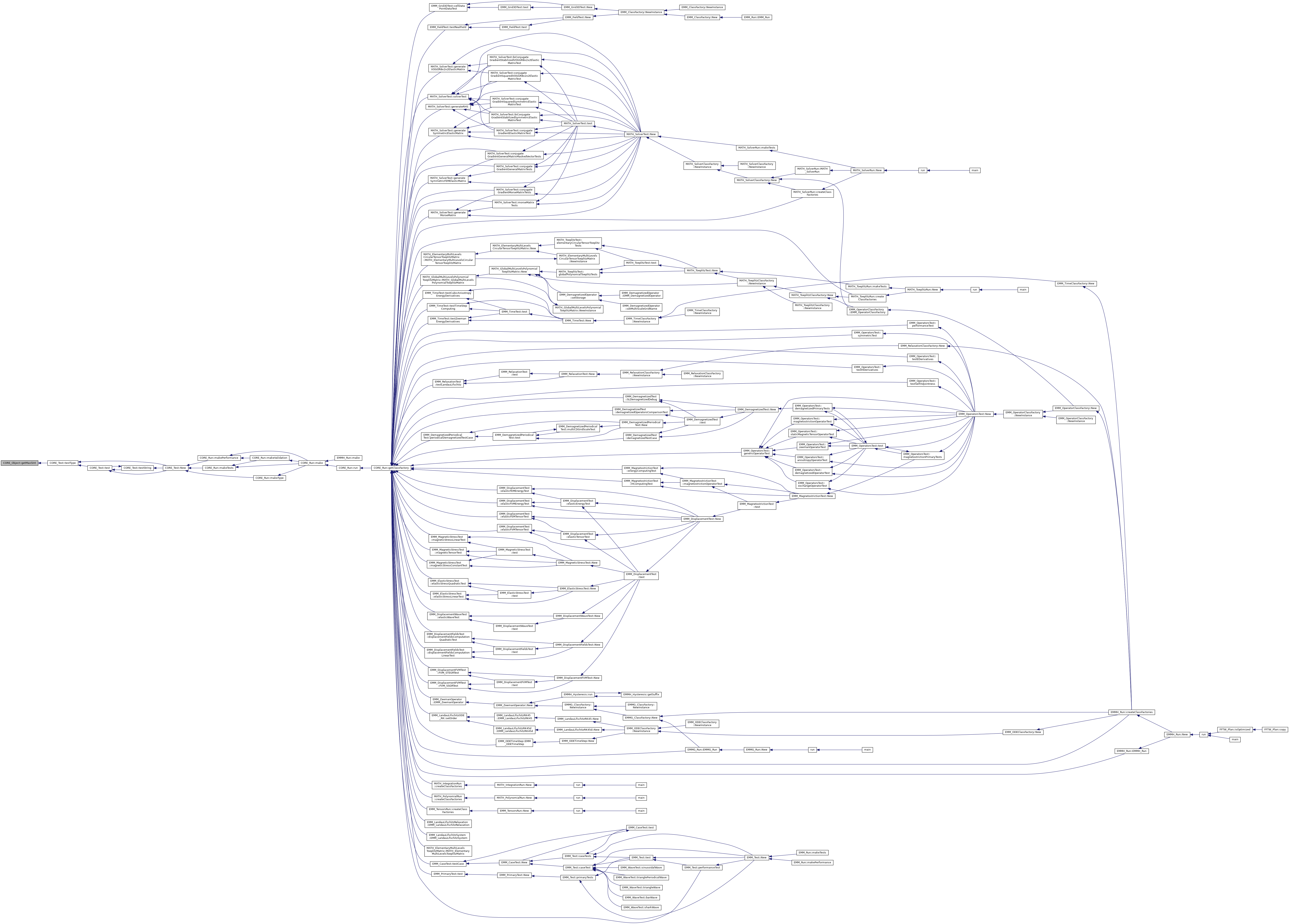
◆ getMaxUChar()
|
inlinestaticinherited |
get the max value for tUChar type
- Returns
- the max value for tUChar type
Referenced by CORE_Test::testType().
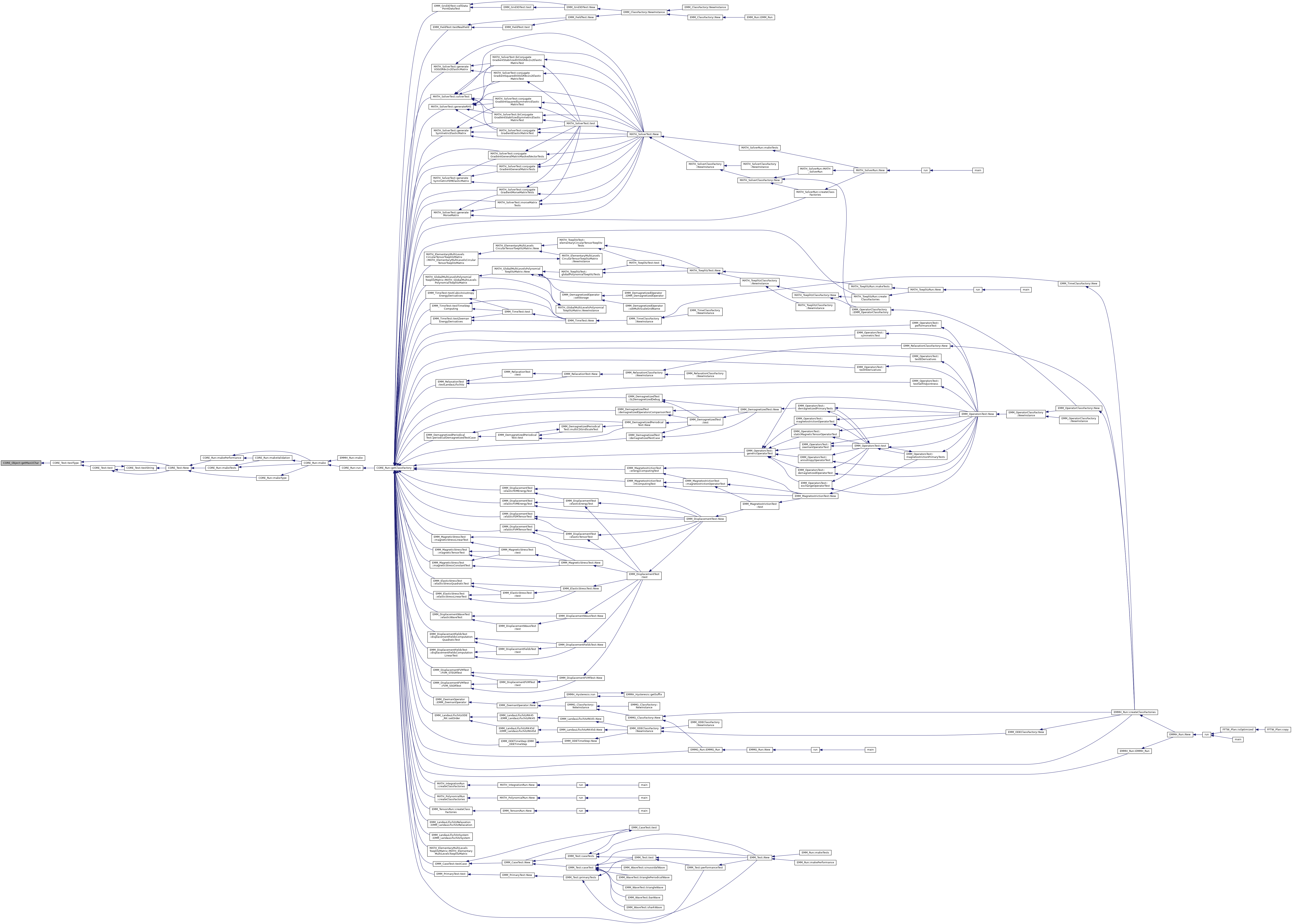
◆ getMaxUIndex()
|
inlinestaticinherited |
get the max value for difference the array/vector indexing type
- Returns
- the max value for difference the array/vector indexing type
Referenced by CORE_Vector< T >::addAfterIndices(), CORE_Vector< T >::search(), CORE_Test::testType(), CORE_Integer::toHexString(), and CORE_Integer::toString().
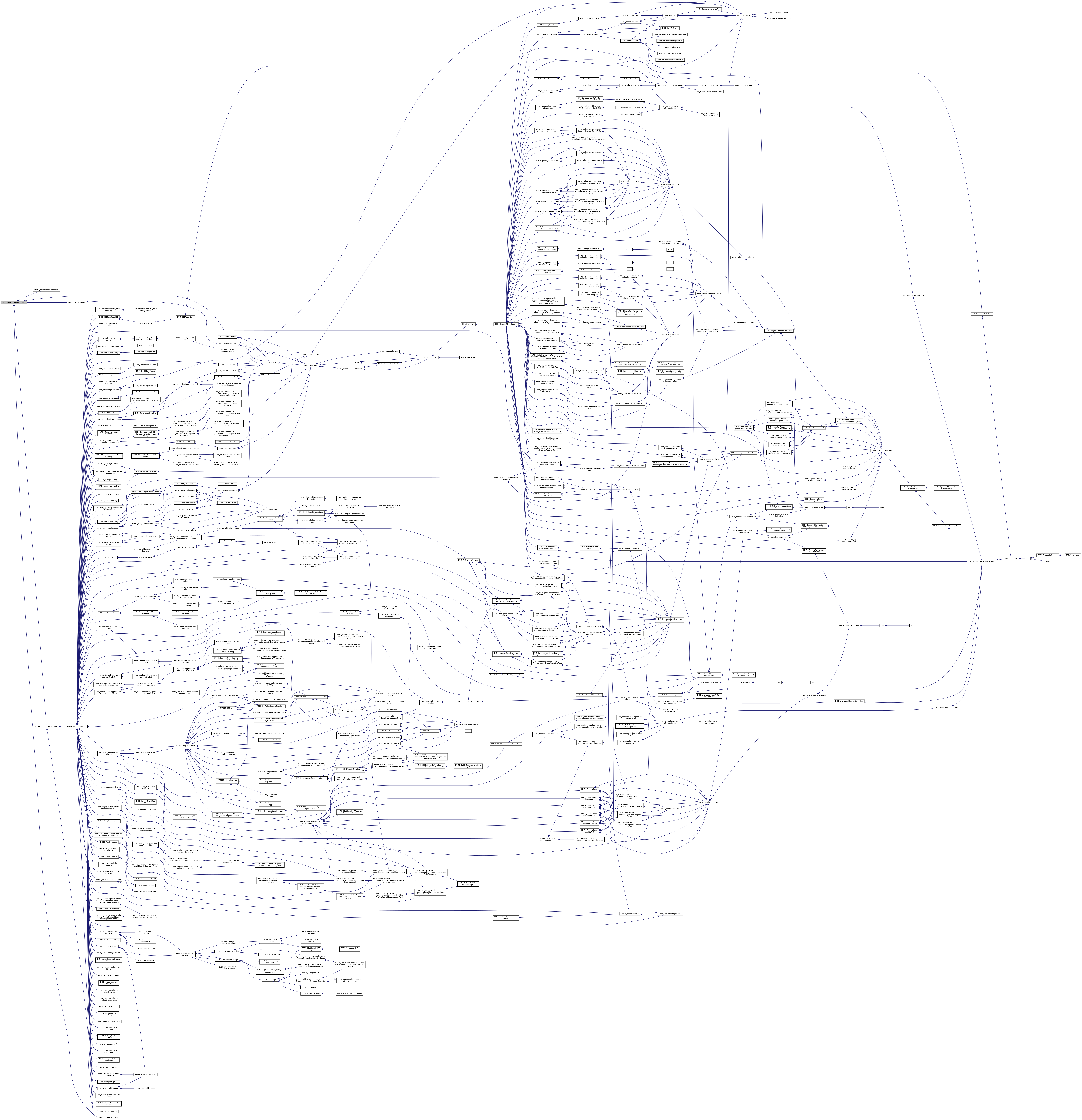
◆ getMaxUInt()
|
inlinestaticinherited |
get the max value for tUInt type
- Returns
- the max value for tUInt type
Referenced by EMM_Array< tCellFlag >::loadFromFile(), EMM_RealField::loadFromFile(), and CORE_Test::testType().

◆ getMaxUInteger()
|
inlinestaticinherited |
get the max value for the unsigned integer type
- Returns
- the max value for the unsigned integer type
Referenced by MATH_Pn::computeExtrenums(), EMM_MultiScaleGrid::computeLevelsNumber(), EMM_Input::restoreBackup(), MATH_P0::solve(), and CORE_Test::testType().

◆ getMaxULInt()
|
inlinestaticinherited |
get the max value for tULInt type
- Returns
- the max value for tULInt type
Referenced by CORE_Test::testType().
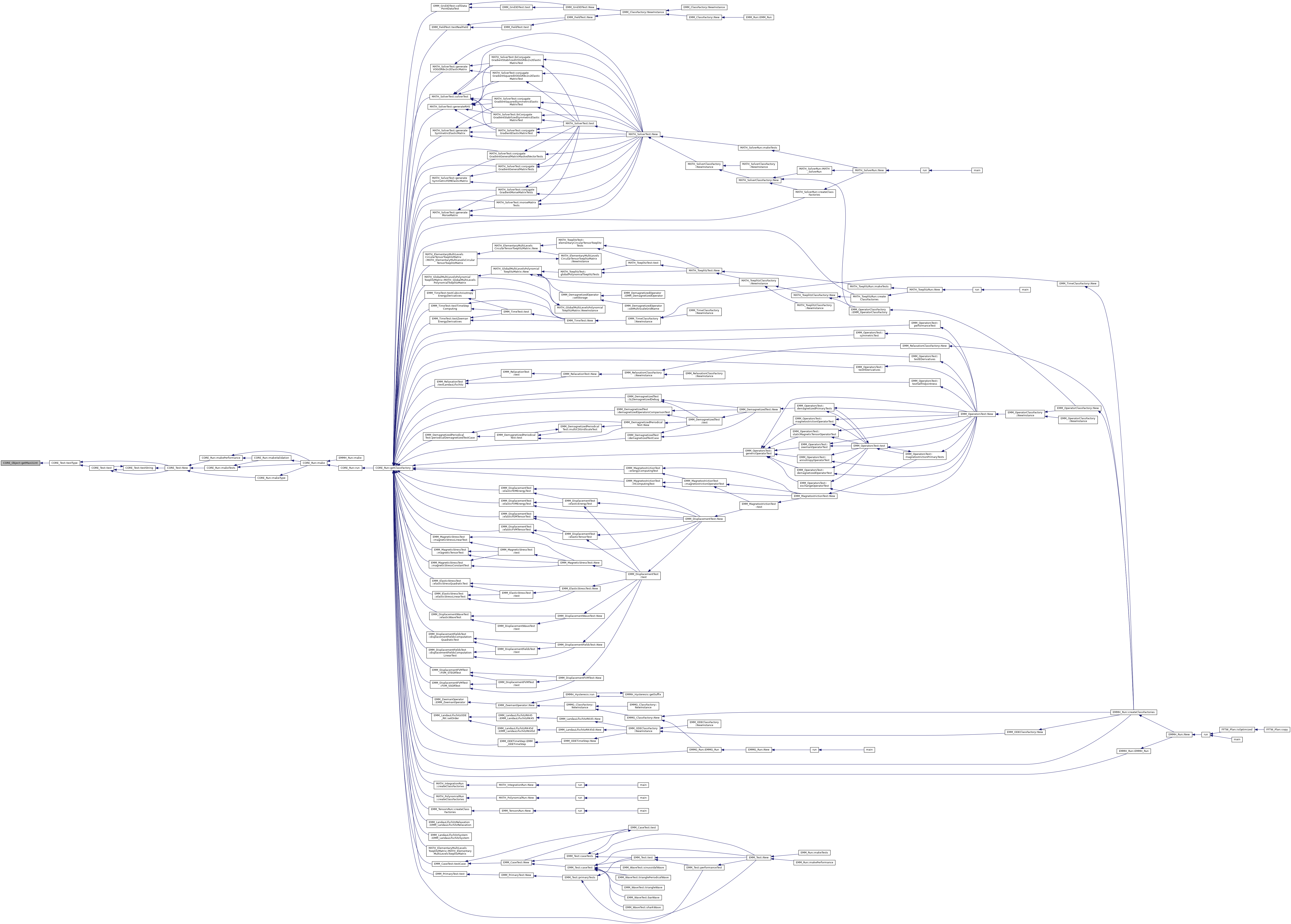
◆ getMaxULLInt()
|
inlinestaticinherited |
get the max value for tULLInt type
- Returns
- the max value for tULLInt type
Referenced by CORE_Test::testType().
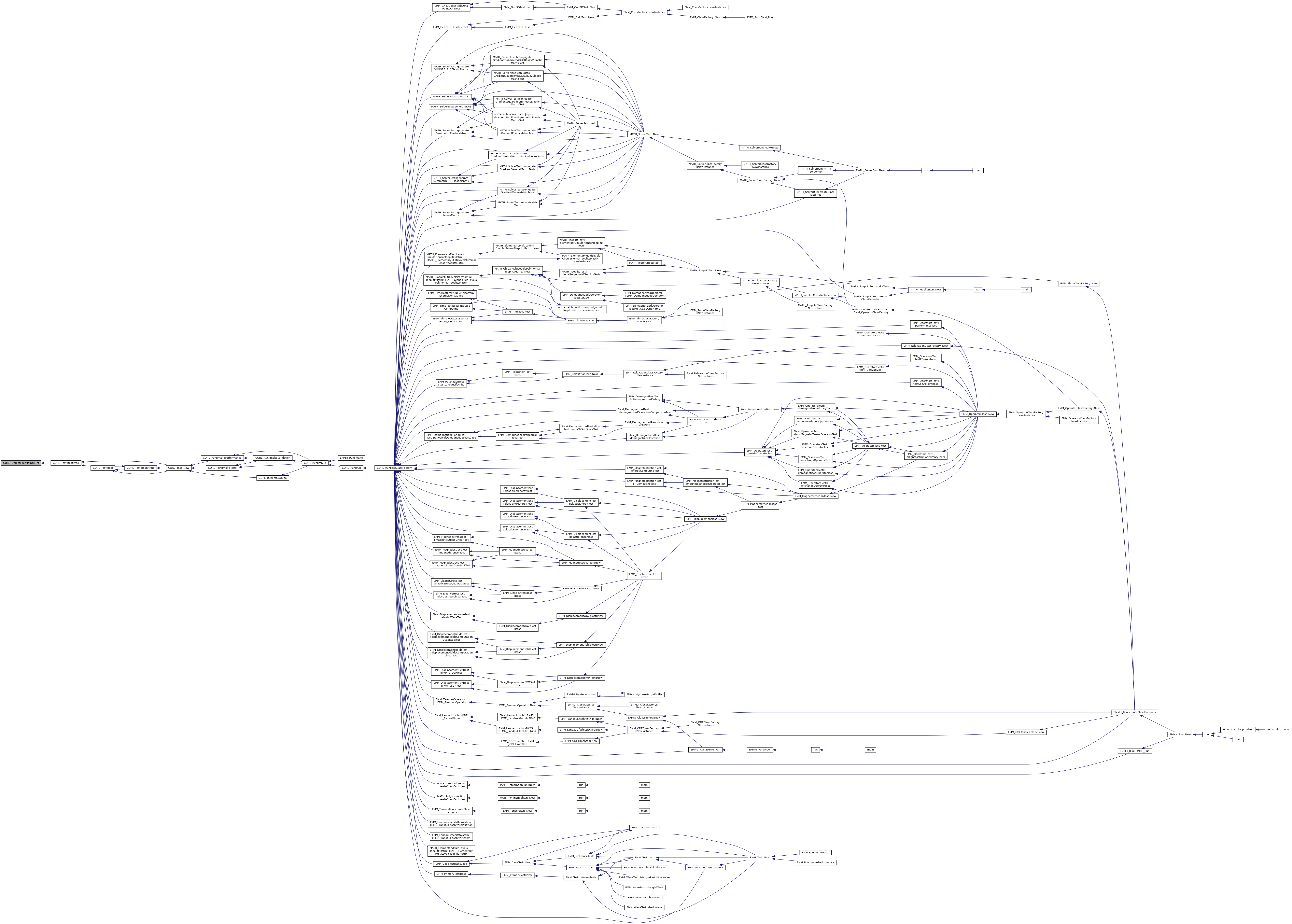
◆ getMaxUSInt()
|
inlinestaticinherited |
get the max value for tUSInt type
- Returns
- the max value for tUSInt type
Referenced by CORE_Test::testType().

◆ getMinChar()
|
inlinestaticinherited |
get the min value for tChar type
- Returns
- the min value for tChar type
Referenced by CORE_Test::testType().
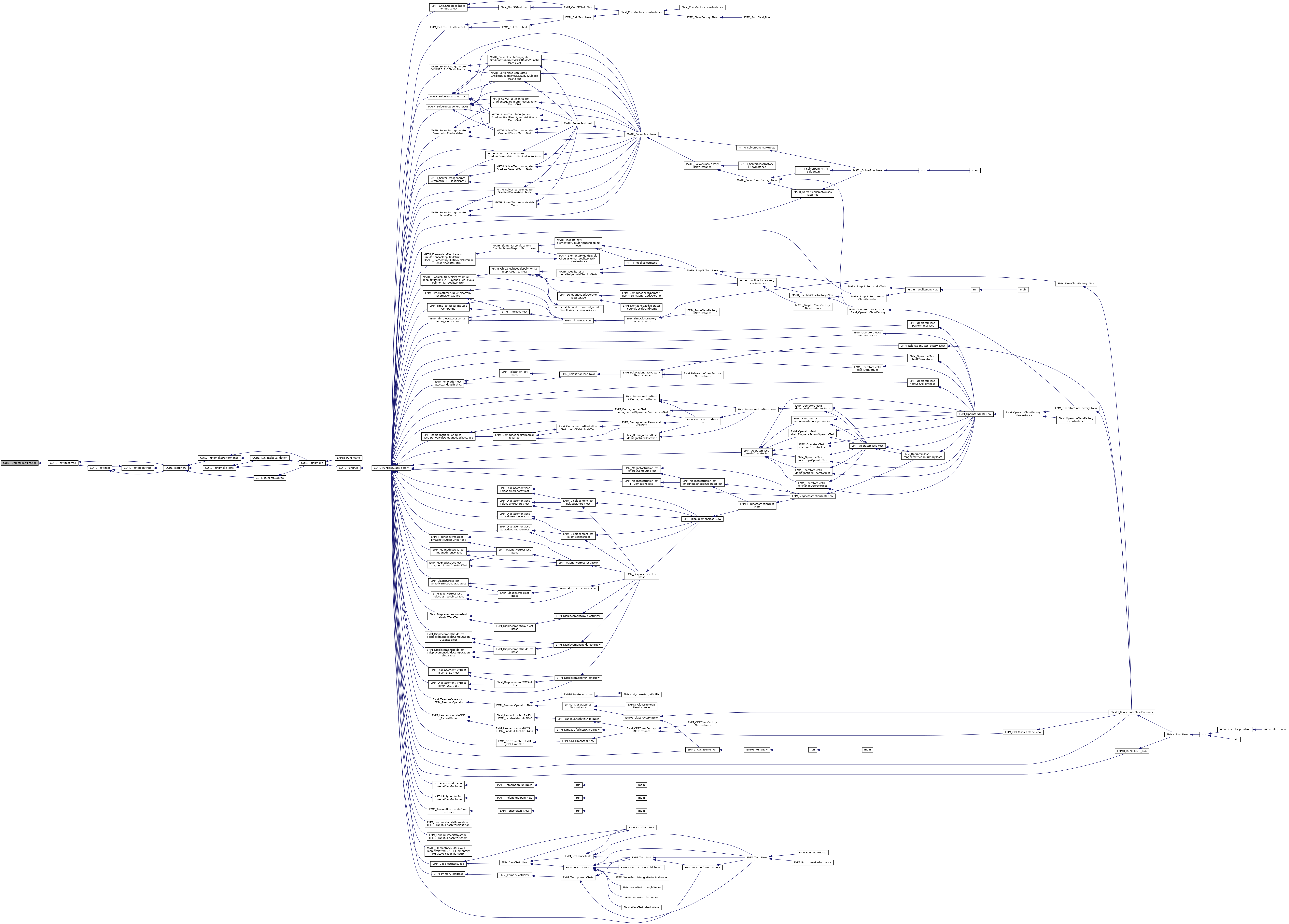
◆ getMinDouble()
|
inlinestaticinherited |
get the min value for tDouble type
- Returns
- the min value for tDouble type
Referenced by CORE_Test::testType().

◆ getMinFlag()
|
inlinestaticinherited |
get the min value for the tFlag type
- Returns
- the min value for the tFlag type
Referenced by CORE_Test::testType().
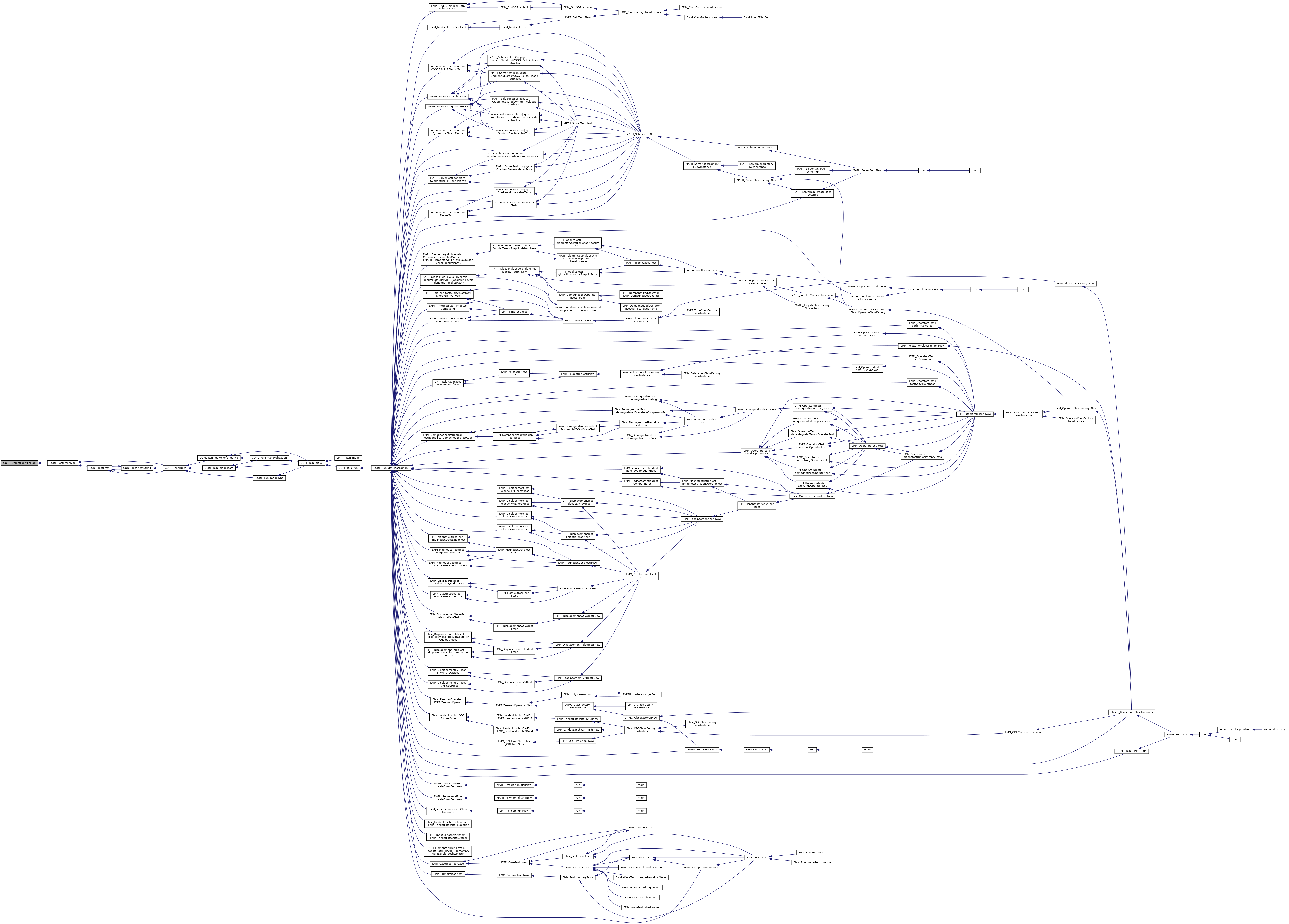
◆ getMinFloat()
|
inlinestaticinherited |
get the min value for tFloat type
- Returns
- the min value for tFloat type
Referenced by CORE_Test::testType().
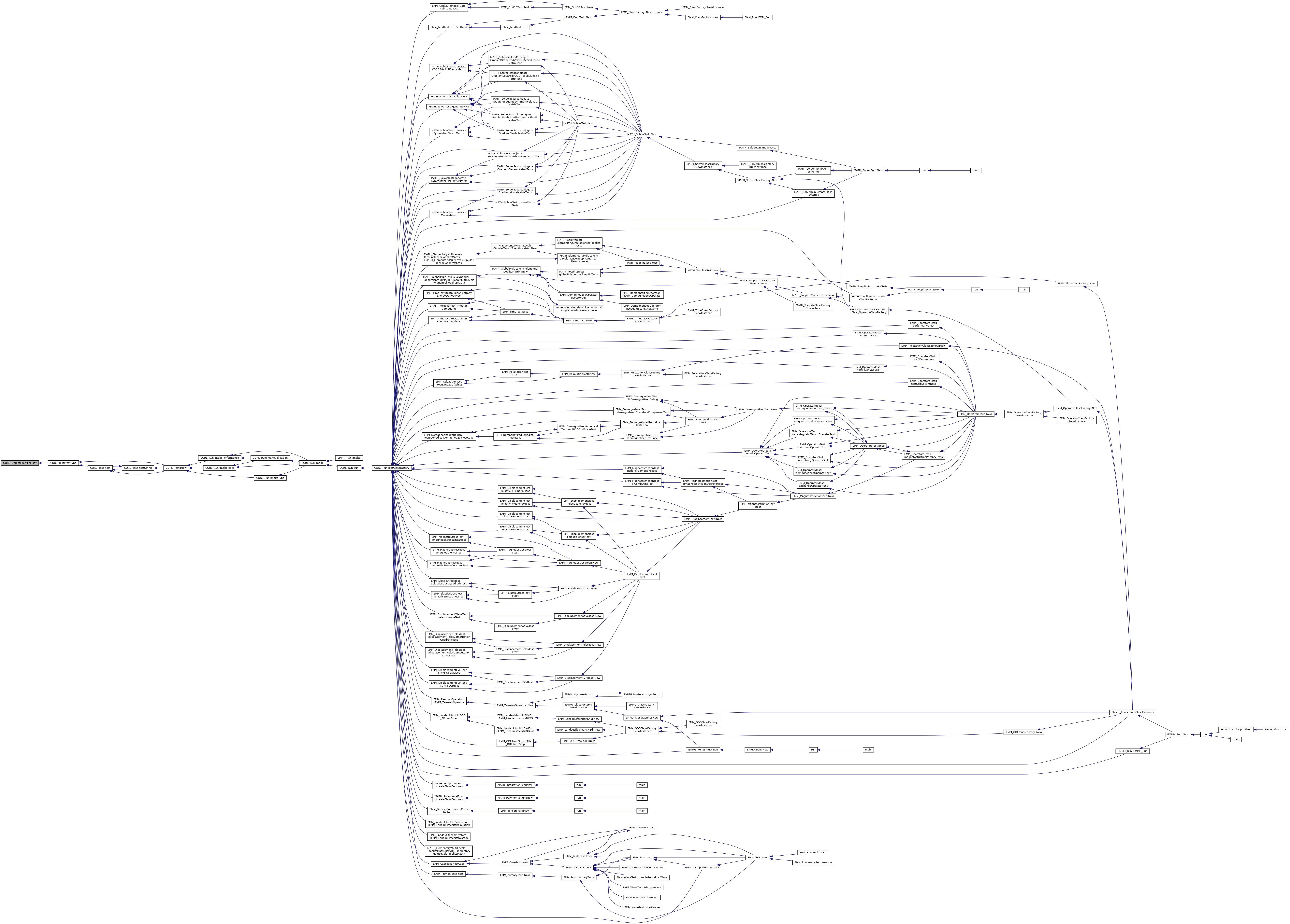
◆ getMinIndex()
|
inlinestaticinherited |
get the min value for the array/vector indexing type
- Returns
- the min value for the array/vector indexing type
Referenced by CORE_Test::testType().
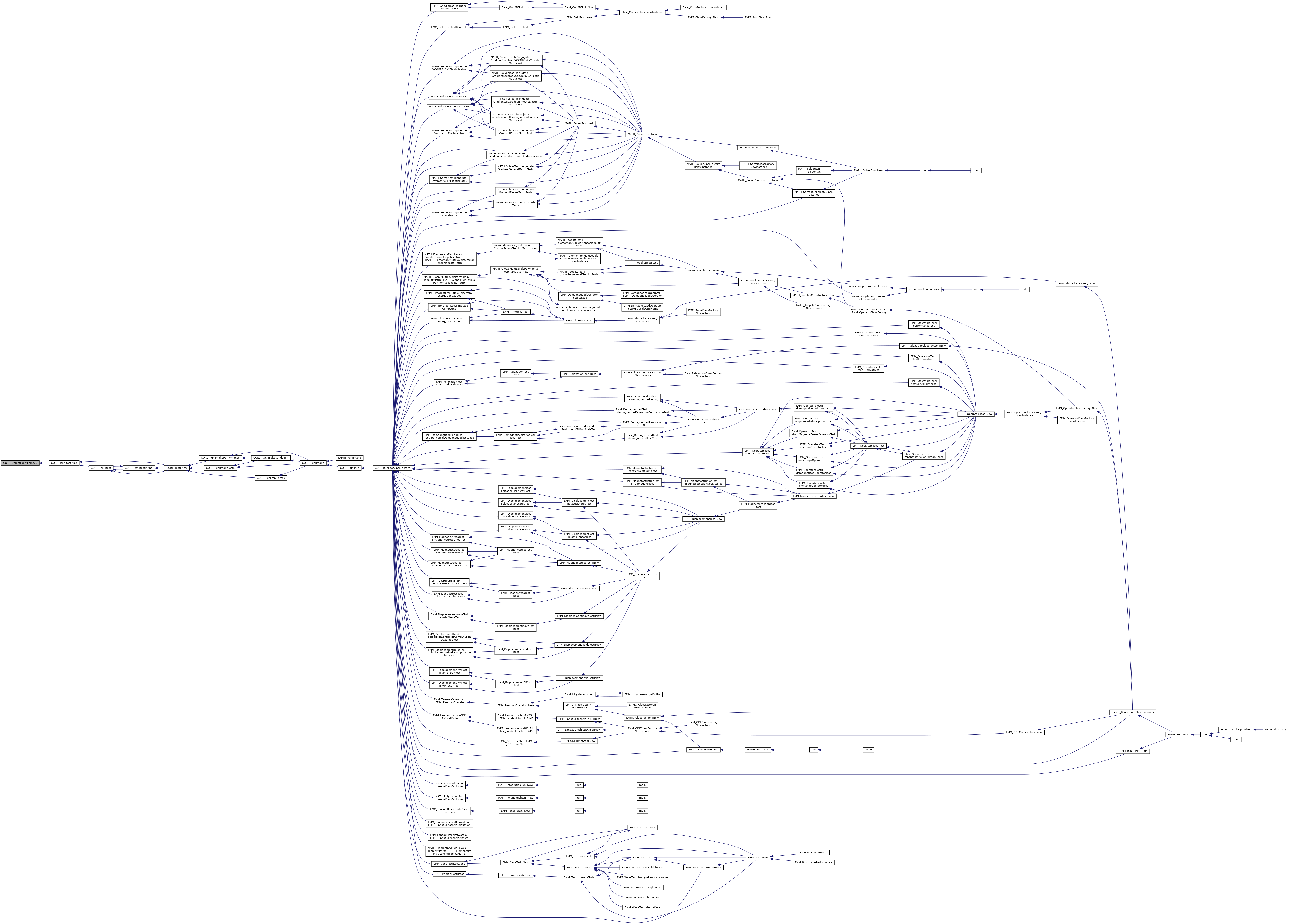
◆ getMinInt()
|
inlinestaticinherited |
get the min value for tInt type
- Returns
- the min value for tInt type
Referenced by CORE_Test::testType().
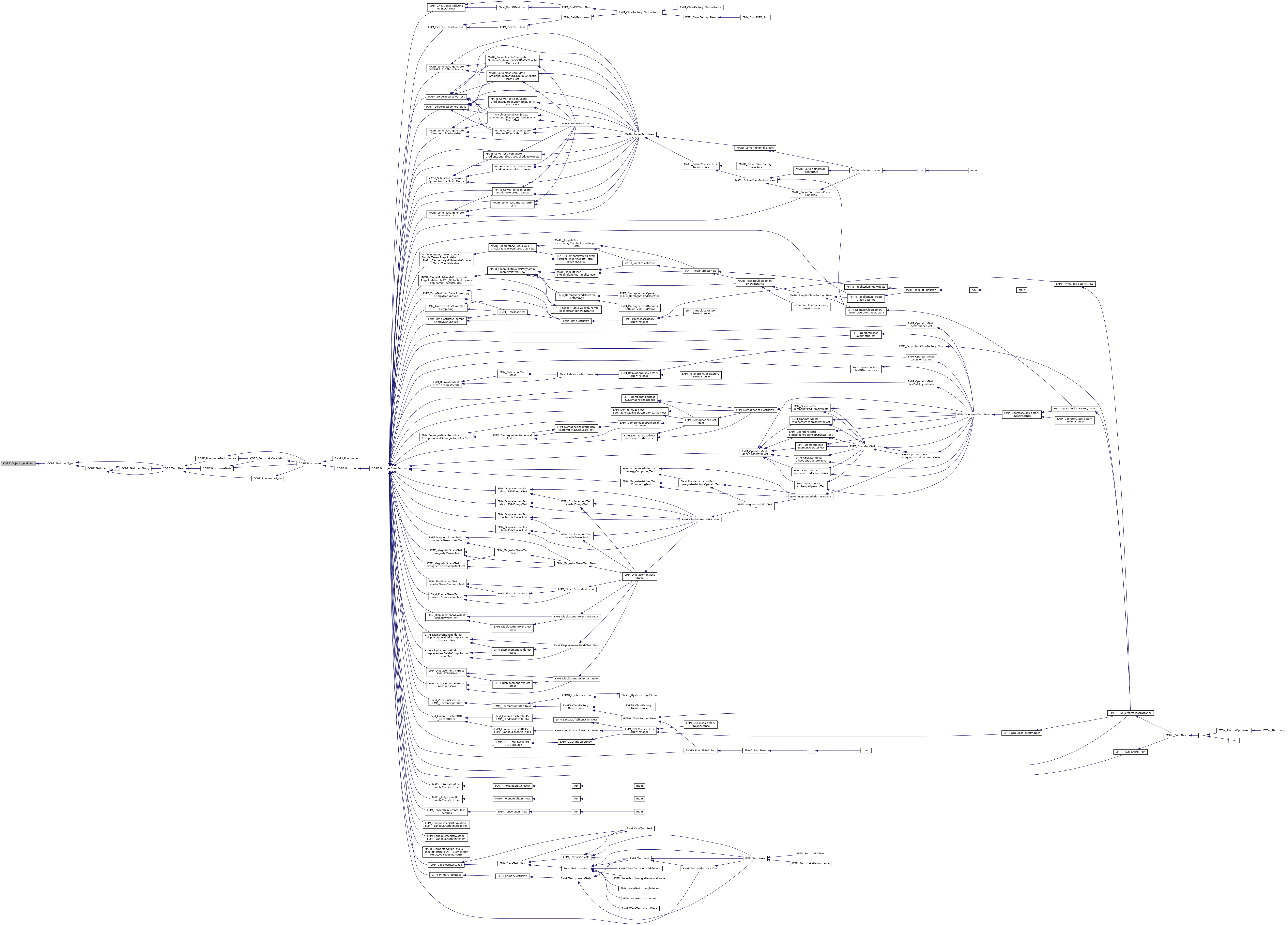
◆ getMinInteger()
|
inlinestaticinherited |
get the min value for the integer type
- Returns
- the minin value for the integer type
Referenced by CORE_Test::testType().

◆ getMinLDouble()
|
inlinestaticinherited |
get the min value for tLDouble type
- Returns
- the min value for tLDouble type
Referenced by CORE_Test::testType().

◆ getMinLInt()
|
inlinestaticinherited |
get the min value for tLInt type
- Returns
- the min value for tLInt type
Referenced by CORE_Test::testType().
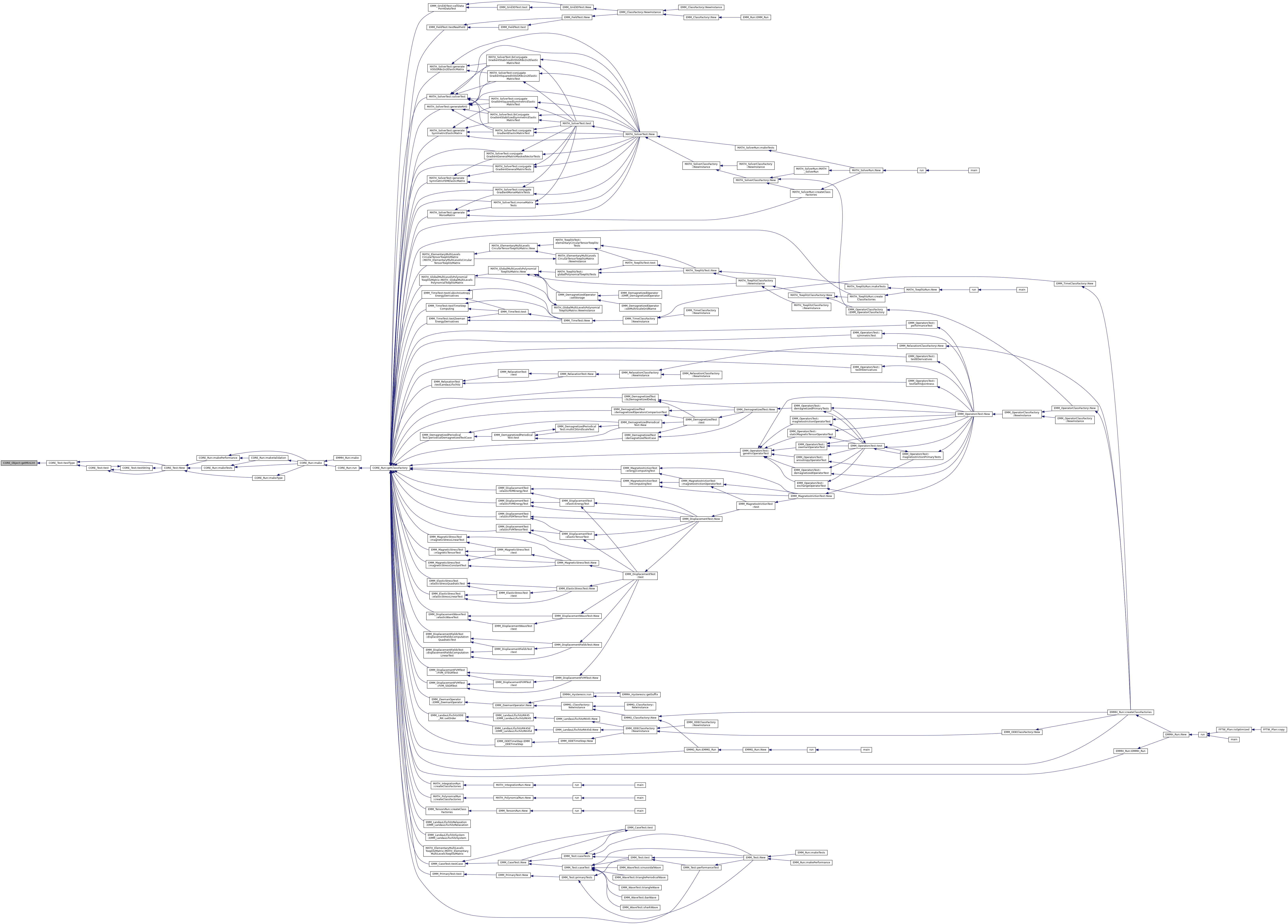
◆ getMinLLInt()
|
inlinestaticinherited |
get the min value for tLLInt type
- Returns
- the min value for tLLInt type
Referenced by CORE_Test::testType().

◆ getMinReal()
|
inlinestaticinherited |
get the min value for the real type
- Returns
- the min value for the real type
Referenced by CORE_Test::testType().
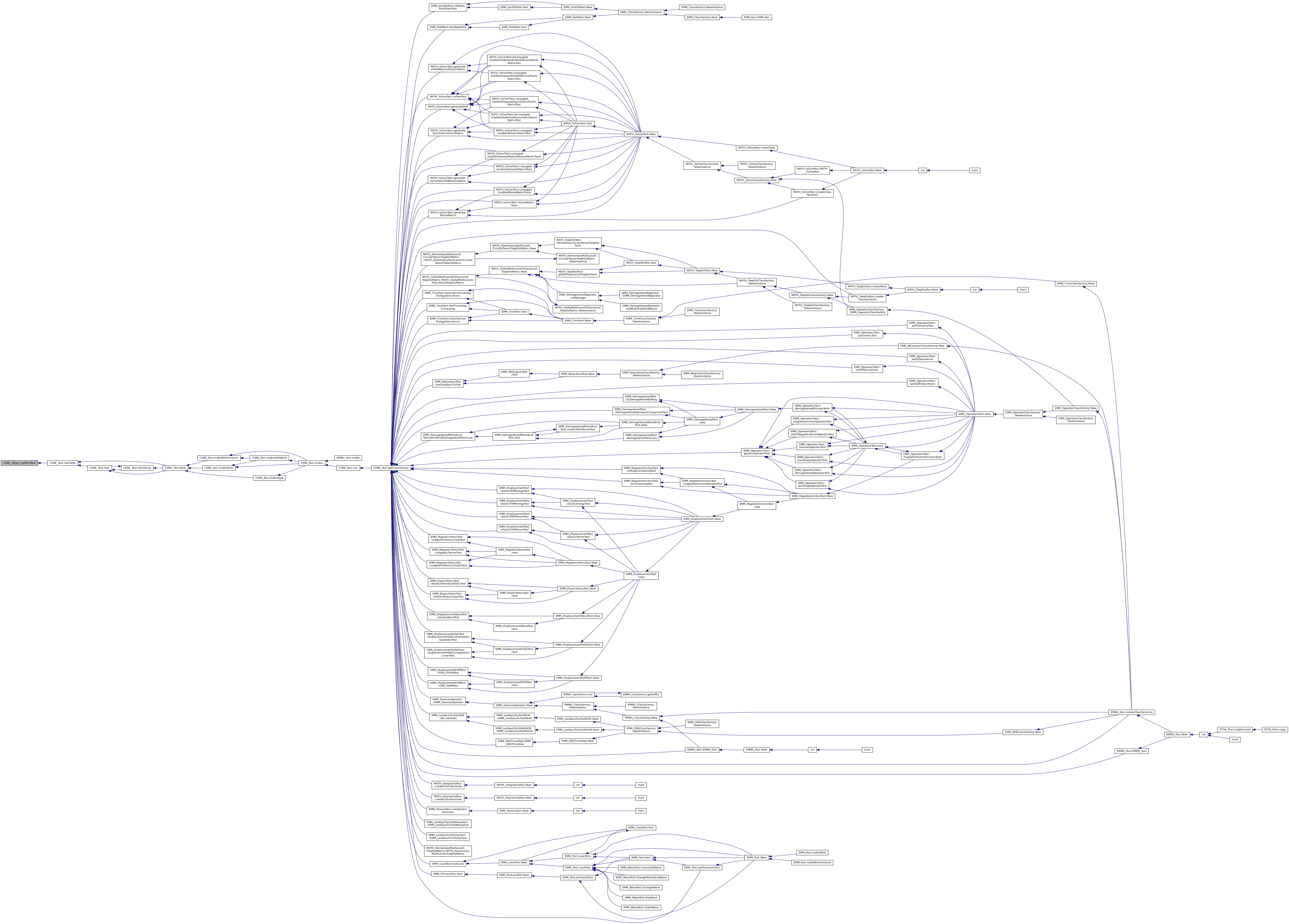
◆ getMinSInt()
|
inlinestaticinherited |
get the min value for tSInt type
- Returns
- the min value for tSInt type
Referenced by CORE_Test::testType().
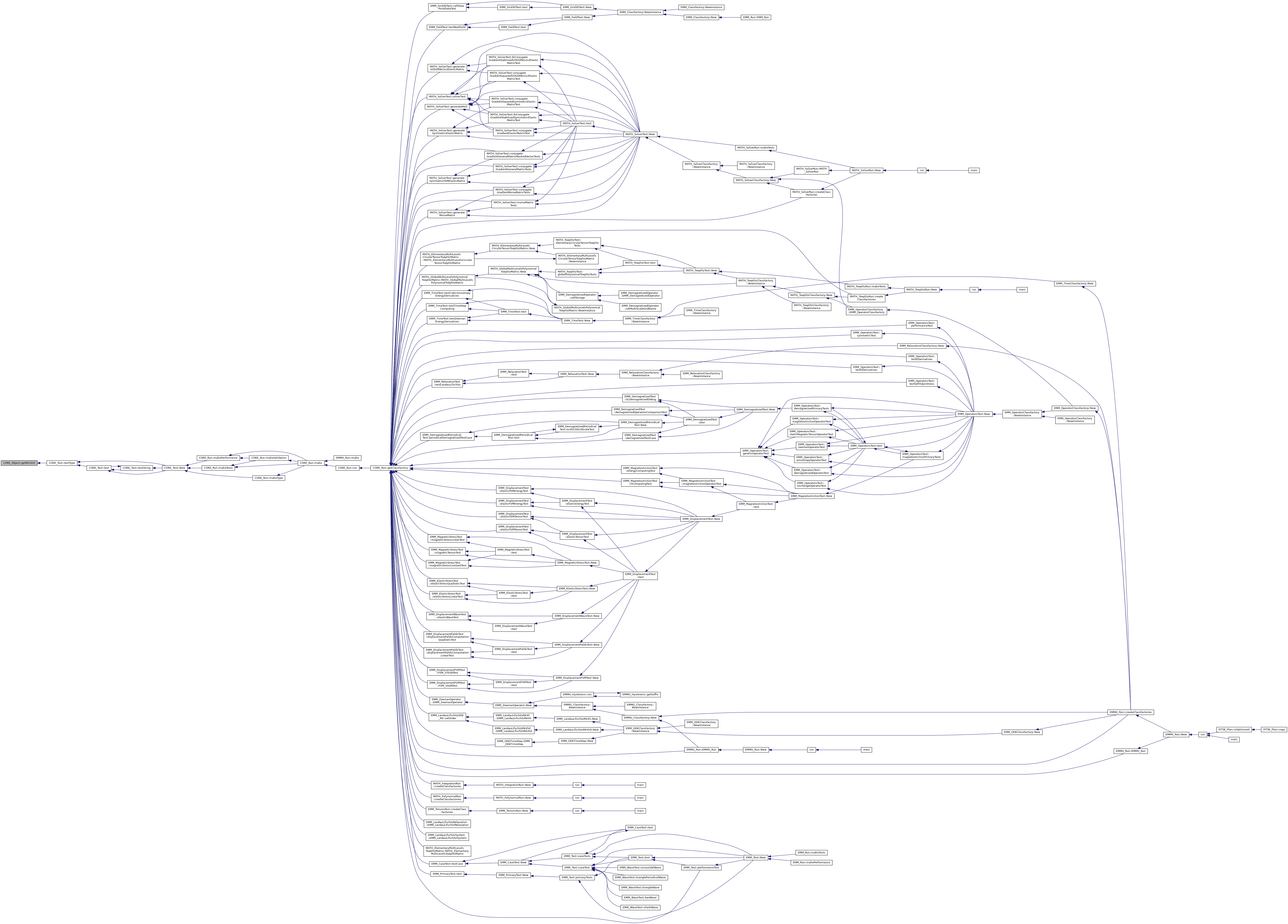
◆ getMinUChar()
|
inlinestaticinherited |
get the min value for tUChar type
- Returns
- the min value for tUChar type
Referenced by CORE_Test::testType().
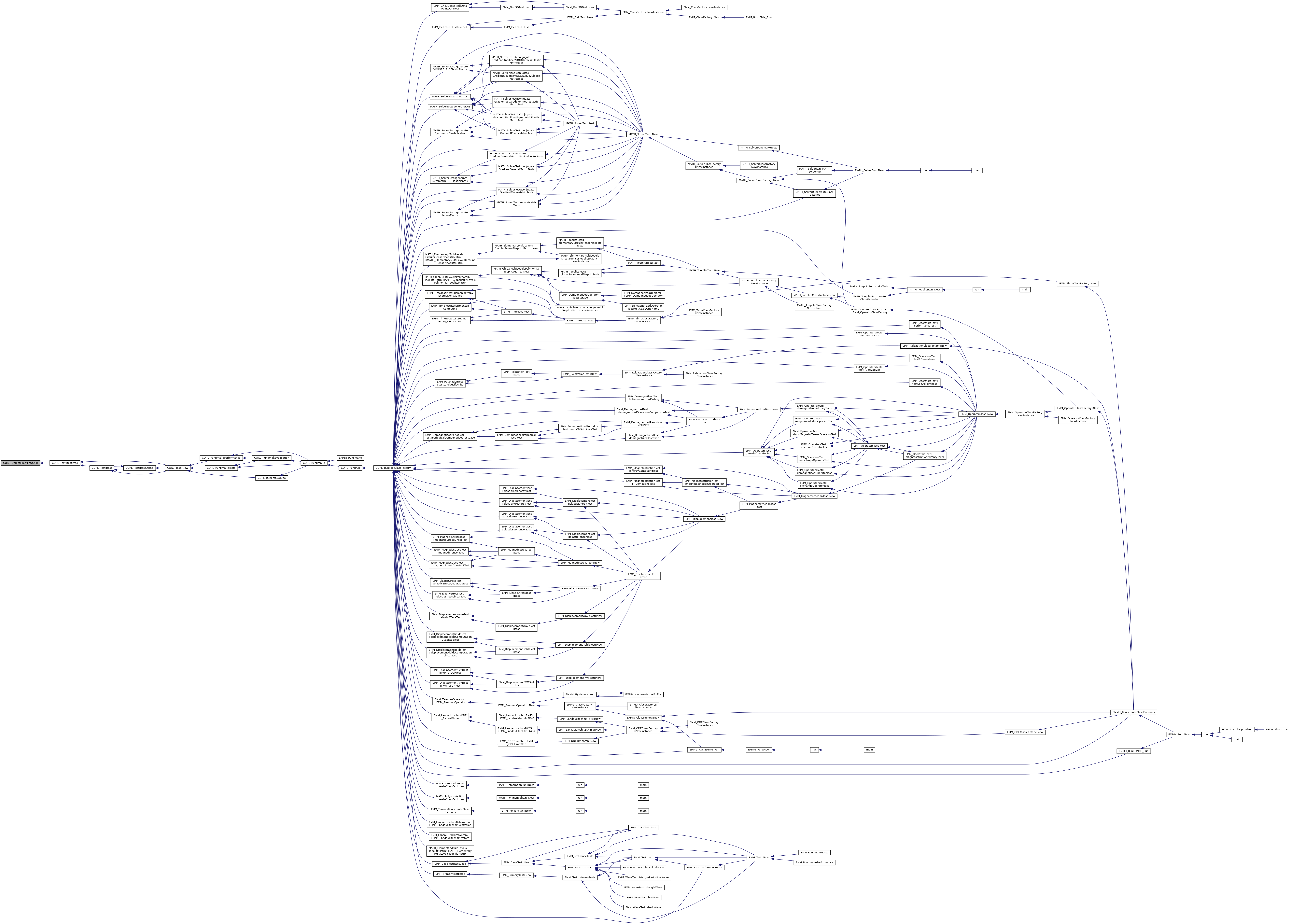
◆ getMinUIndex()
|
inlinestaticinherited |
get the min value for difference the array/vector indexing type
- Returns
- the min value for difference the array/vector indexing type
Referenced by CORE_Test::testType().
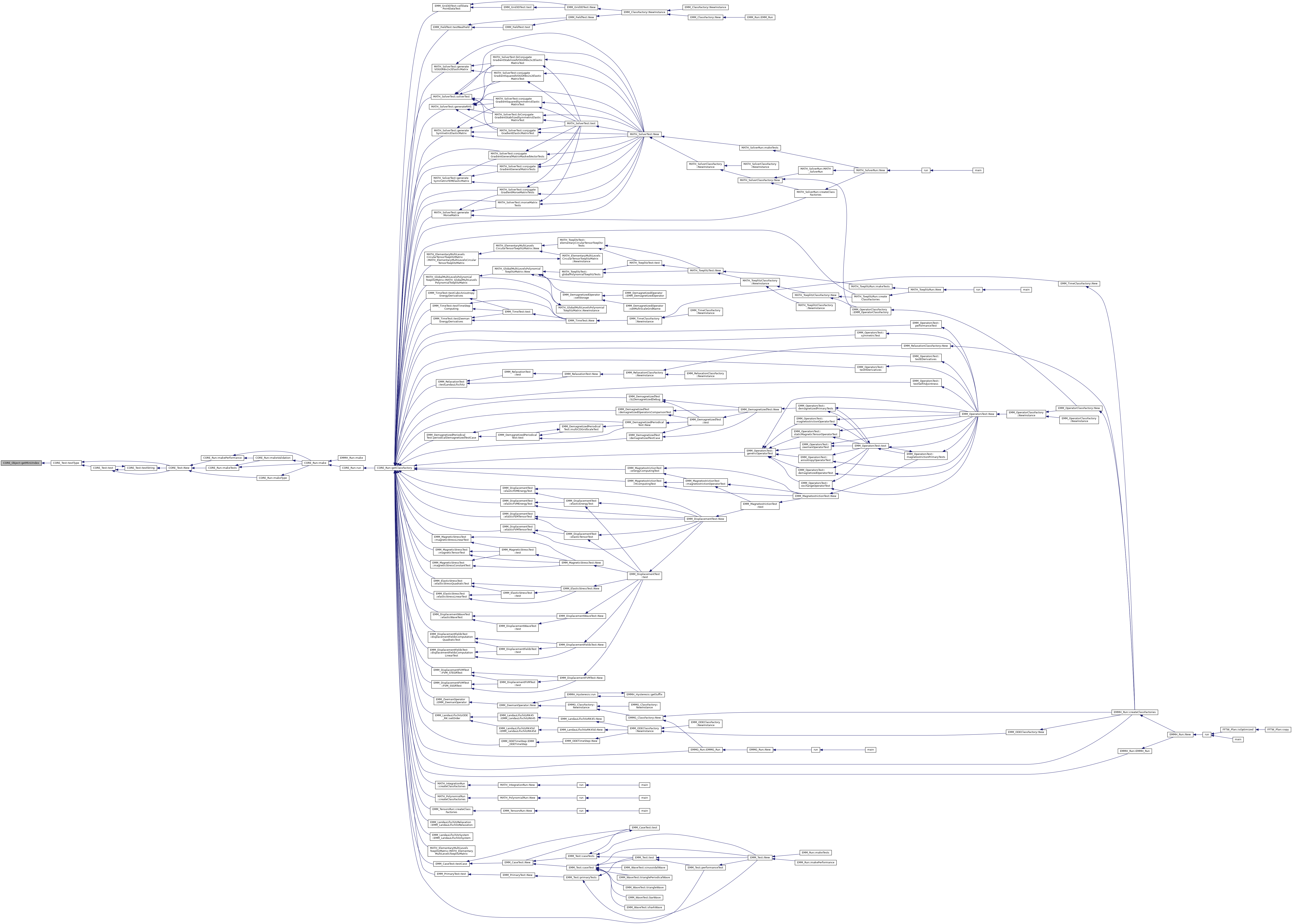
◆ getMinUInt()
|
inlinestaticinherited |
get the min value for tUInt type
- Returns
- the min value for tUInt type
Referenced by CORE_Test::testType().
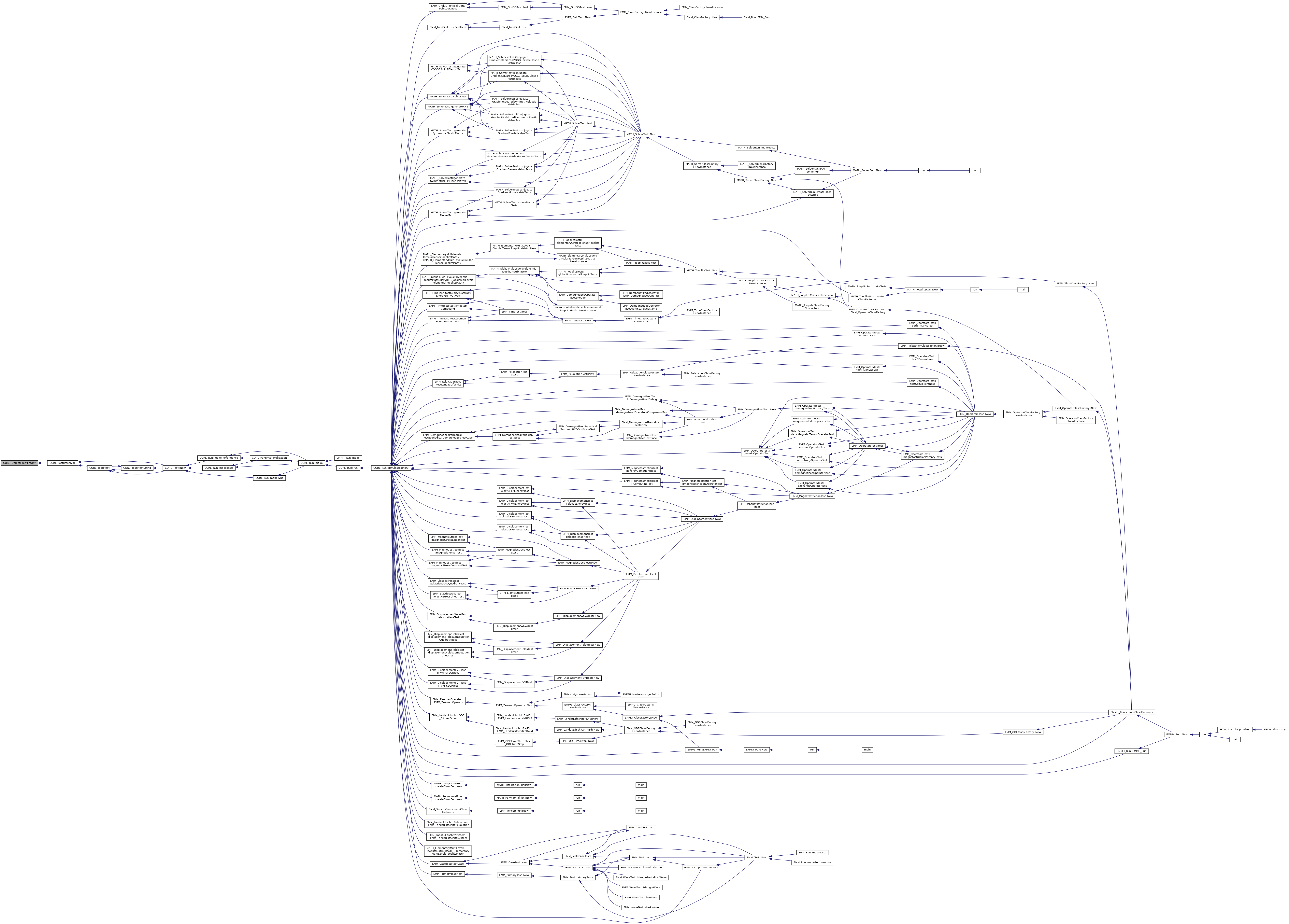
◆ getMinUInteger()
|
inlinestaticinherited |
get the min value for the unsigned integer type
- Returns
- the min value for the unsigned integer type
Referenced by CORE_Test::testType().

◆ getMinULInt()
|
inlinestaticinherited |
get the min value for tULInt type
- Returns
- the min value for tULInt type
Referenced by CORE_Test::testType().

◆ getMinULLInt()
|
inlinestaticinherited |
get the min value for tULLInt type
- Returns
- the min value for tULLInt type
Referenced by CORE_Test::testType().
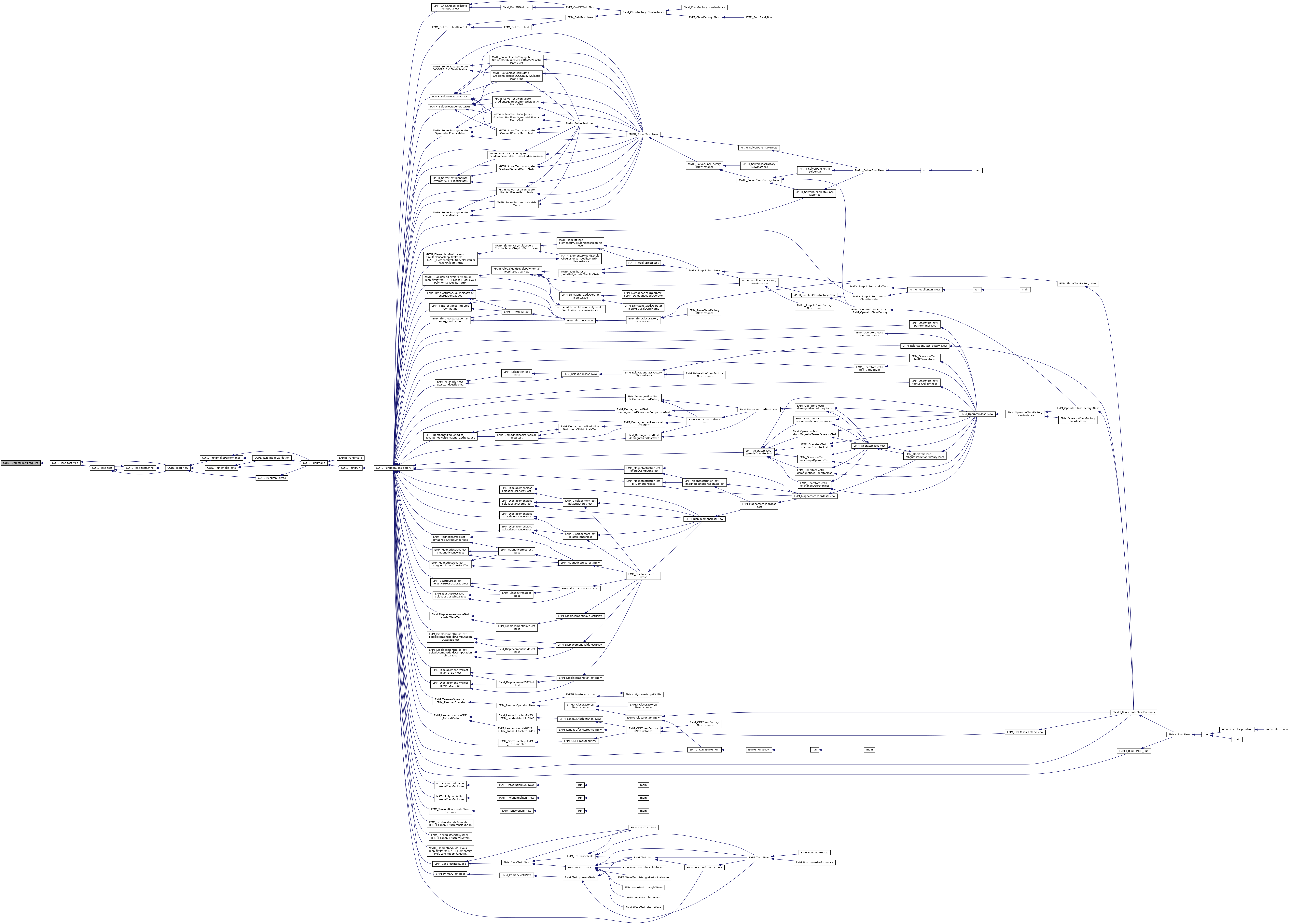
◆ getMinUSInt()
|
inlinestaticinherited |
get the min value for tUSInt type
- Returns
- the min value for tUSInt type
Referenced by CORE_Test::testType().
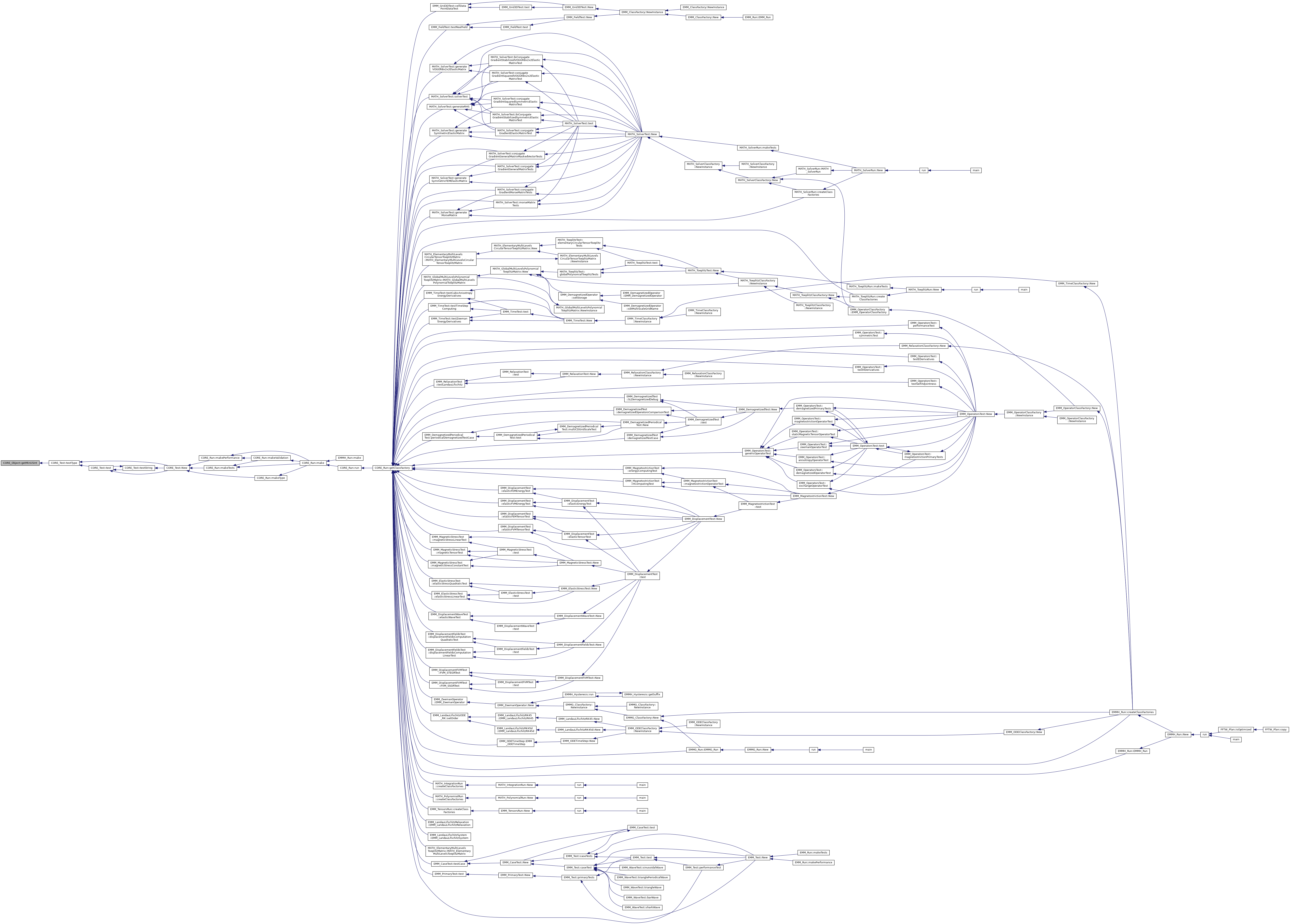
◆ getOut()
|
inlinestaticinherited |
◆ getPointerAddress()
|
inlineinherited |
return the identity string of the object
- Returns
- the identity string of the object
References CORE_Object::pointer2String().

◆ getRealEpsilon()
|
inlinestaticinherited |
get the eps which is the difference between 1 and the least value greater than 1 that is representable.
- Returns
- the eps which is the difference between 1 and the least value greater than 1 that is representable.
Referenced by MATH_P4::solveP4De(), and CORE_Test::testType().
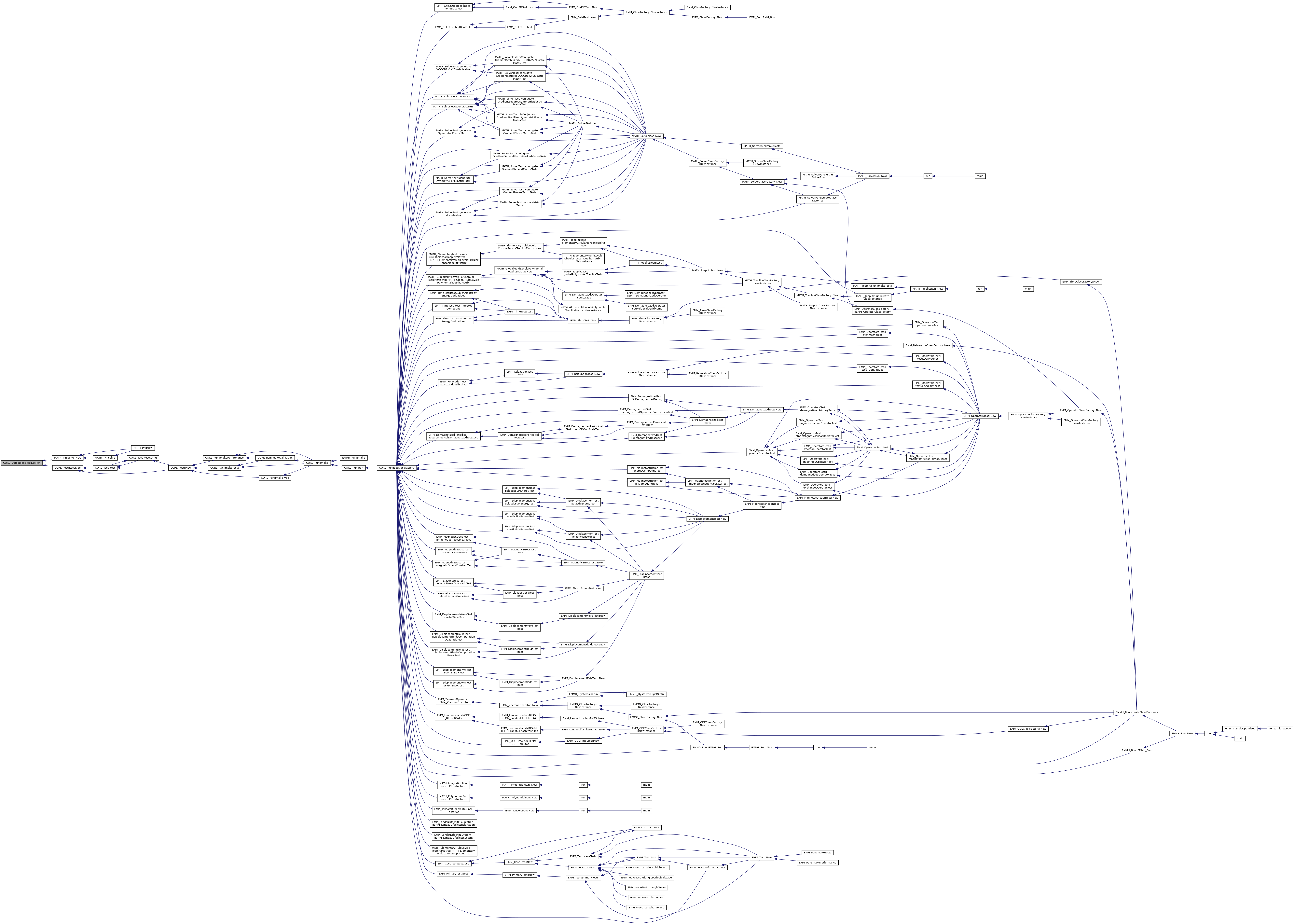
◆ getRealInfinity()
|
inlinestaticinherited |
get the infinity value
- Returns
- the inifinity value for the real type
Referenced by BrentFunction::BrentFunction(), EMM_OperatorsTest::compareDiscretizedData(), EMM_IterativeTimeStep::EMM_IterativeTimeStep(), EMM_SLElementaryDemagnetizedMatrix::Kxy(), NRFunction::NRFunction(), EMM_PolynomialInterpolationTimeStep::optimizeTimeFunction(), and CORE_Test::testType().
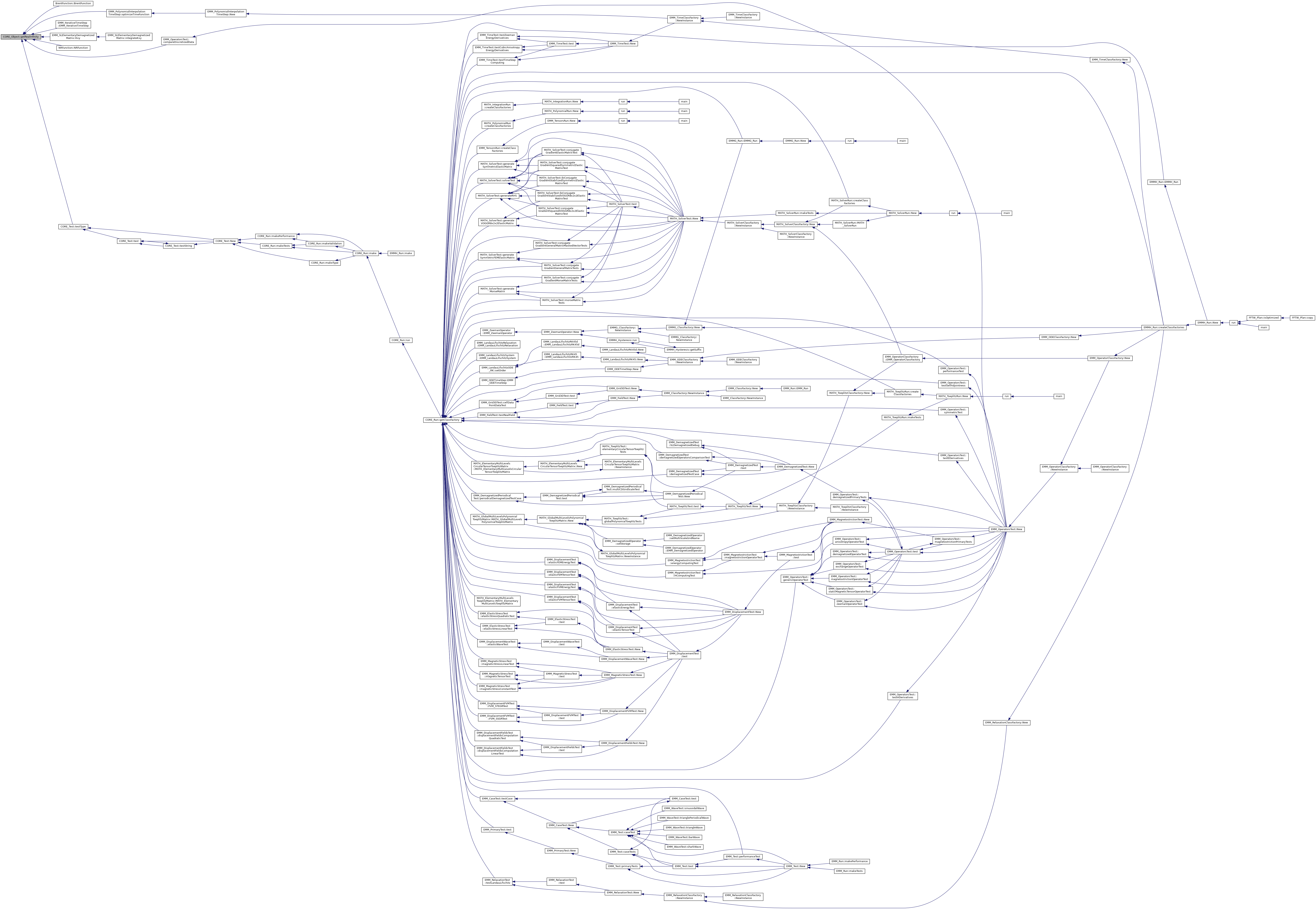
◆ getSharedPointer() [1/2]
|
inlineinherited |
get the shared pointer of this class into p
- Parameters
-
p : shared pointer of the class This
Referenced by CORE_Map< Key, Value >::getSharedPointer(), CORE_ArrayList< tString >::getSharedPointer(), EMM_Array< tCellFlag >::getSharedPointer(), CORE_Array< tCellFlag >::getSharedPointer(), CORE_MorseArray< tUChar >::getSharedPointer(), CORE_Vector< T >::getSharedPointer(), and CORE_Object::printObjectsInMemory().
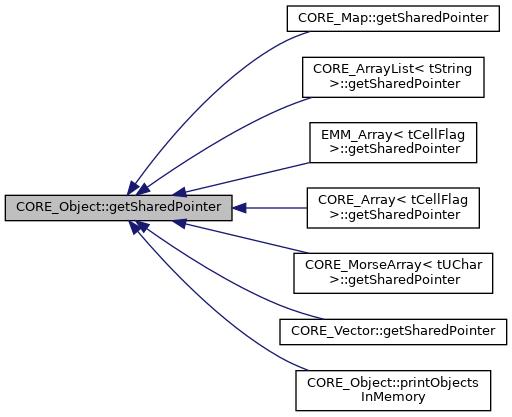
◆ getSharedPointer() [2/2]
|
inlineinherited |
get the shared pointer of this class into p
- Parameters
-
p : shared pointer of the class This
◆ getThread()
|
inlinestaticinherited |
get the profilier
- Returns
- the profiler
Referenced by MATH_MaskVector::add(), MATH_Vector::add(), EMM_DisplacementFEMOperator::addBoundaryElasticStress(), EMM_DisplacementFEMOperator::buildDataOnNeumannBoundaryFaces(), EMM_DisplacementFVMOperator::computeCineticEnergy(), EMM_DisplacementFVMOperator::computeElasticStress(), EMM_DisplacementFEMOperator::computeElasticStress(), EMM_DisplacementFVMOperator::computeElasticTensor(), EMM_DisplacementFEMOperator::computeElasticTensor(), EMM_StaticMagneticTensorOperator::computeEnergy(), EMM_CubicAnisotropyOperator::computeEnergy(), EMM_MagnetostrictionOperator::computeEnergy(), EMM_DisplacementOperator::computeEnergy(), EMM_AnisotropyOperator::computeEnergyWithMagneticExcitation(), EMM_DisplacementFVMOperator::computeEquilibriumMatrixDiagonalConditioner(), EMM_DisplacementFEMOperator::computeEquilibriumMatrixDiagonalConditioner(), EMM_FullExchangeOperator::computeMagneticExcitationField(), EMM_StaticMagnetostrictionOperator::computeMagneticExcitationField(), EMM_LinearAnisotropyOperator::computeMagneticExcitationField(), EMM_StaticMagneticTensorOperator::computeMagneticExcitationField(), EMM_CubicAnisotropyOperator::computeMagneticExcitationField(), EMM_MinimalExchangeOperator::computeMagneticExcitationField(), EMM_AnisotropyOperator::computeMagneticExcitationField(), EMM_MagnetostrictionOperator::computeMagneticExcitationField(), EMM_CubicAnisotropyOperator::computeMagneticExcitationFieldGradient(), EMM_AnisotropyOperator::computeMagneticExcitationFieldGradient(), EMM_DisplacementFVMOperator::computeMagneticStress(), EMM_DisplacementFEMOperator::computeMagneticStress(), EMM_OptimalTimeStep::computeOptimalTimeStep(), EMM_DisplacementFEMOperator::computeStressConstraintEnergy(), EMM_FullExchangeOperator::discretize(), EMM_MinimalExchangeOperator::discretize(), EMM_CondensedMassMatrix::discretize(), EMM_LinearAnisotropyOperator::discretize(), EMM_AnisotropyOperator::discretize(), EMM_DemagnetizedOperator::discretize(), EMMG_SLDemagnetizedOperator::discretize(), EMM_LandauLifschitzSystem::discretize(), MATH_Vector::divide(), MATH_MaskVector::dot(), MATH_Vector::dot(), EMM_4SymmetricTensors::doubleDot(), EMM_4Tensors::doubleDotCrossDoubleDotScalar(), EMM_4Tensors::doubleDotCrossProduct(), EMM_4Tensors::doubleDotCrossSquaredScalar(), EMM_4Tensors::doubleDotProduct(), MATH_Vector::init(), MATH_MaskVector::init(), EMM_LandauLifschitzODE_RK::integrateMagnetizationFieldAtTime(), interpolateUAtVertices(), EMMG_SLDemagnetizedOperator::localAssembly(), EMM_DisplacementOperator::nullProjectionOnDirichletBoundary(), EMM_DisplacementOperator::periodicProjection(), EMM_2PackedSymmetricTensors::product(), EMM_CanonicalMassMatrix::product(), MATH_FullMatrix::product(), EMM_CondensedMassMatrix::product(), EMM_BlockMassMatrix::product(), MATH_MorseMatrix::product(), EMMG_SLDemagnetizedOperator::product(), EMM_DisplacementOperator::projectionOnDirichletBoundary(), EMM_LandauLifschitzSystem::resetOperatorsToInitialState(), EMM_DisplacementFVMOperator::setBoundaryFaceTypes(), FFTW_MultiDFTs::setFFT(), FFTW_MultiLevelsDFT::setFFT(), FFTW_MultiLevelsDFT::setLevels(), FFTW_MultiDFTs::setPlan(), FFTW_MultiLevelsDFT::setPlan(), EMM_CondensedMassMatrix::solve(), EMM_LandauLifschitzODE::solveODE(), EMM_4SymmetricTensors::squaredDoubleDot(), EMM_4Tensors::squaredDoubleDotCrossScalar(), EMM_4Tensors::squaredDoubleDotScalar(), EMM_CanonicalMassMatrix::symmetricDot(), EMM_CondensedMassMatrix::symmetricDot(), EMM_BlockMassMatrix::symmetricDot(), FFTW_Test::test(), MATH_SolverTest::test(), EMM_ODETest::testODE(), and EMM_Grid3D::updateLimitConditionOnPoints().

◆ getTypeName()
|
inlinestaticinherited |
◆ interpolateAlmostNullUAtFace()
|
inlinestatic |
compute interpolation of U at Face
- Parameters
-
[in] xCell index of the segment of cell in the x-direction within [0,Px-1[ [in] yCell index of the segment of cell in the y-direction within [0,Py-1[ [in] zCell index of the segment of cell in the z-direction within [0,Pz-1[ [in] Px : number of points in the direction x [in] Py : number of points in the direction y [in] Pz : number of points in the direction z [in] periodicity : periodicty of the domain per direction [in] neighborsIndices :indices of the neighbor of each cell [in] f face index in [0,FACES_NUMBER_PER_ELEMENT[ [in] dim : dimension of each point of U [in] Ui values of U at cell (xCell,yCell,zCell) [in] lc limit condition on all points of the mesh [in] incU0 increment for U0 (0: for constant U0, 1:for not uniform U0) [in] U0 values of U0 of size dim when incU0=0 or dim x Px x Py x Pz [out] Umean : mean of U on cell
- Returns
- false if U is null
commpute the mean value of U on the face when U is null outside the cell (xCell,yCell,zCell) into Um
![$ U_m = \frac{1}{4} \sum_{i=0}^{i=3} U[iP] $](form_716.png) with iP is the point of the face
with iP is the point of the face
References cellMean(), faceMean(), interpolateUAtFace(), null, tBoolean, tDimension, tLimitCondition, tReal, tUCInt, and tUInteger.
Referenced by EMM_DisplacementFVM_VOGGROperator::computeGradAlmostNullUAtCellByOstrogradskiGreenIntegration(), EMM_DisplacementFVM_VTEGROperator::computeGradAlmostNullUAtCellByTaylorExpansionWithNeumannInterpolation(), EMM_DisplacementFVM_SSGROperator::computeGradAlmostNullUAtFaceByStokesIntegration(), and EMM_DisplacementFVM_VOGGROperator::computeGradAlmostNullUAtNextCellByOstrogradskiGreenIntegration().

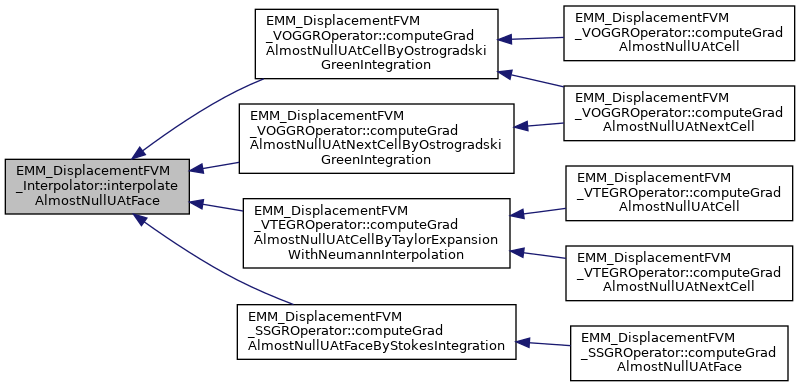
◆ interpolateAlmostNullUAtVertex()
|
inlinestatic |
References interpolateUAtVertex(), and null.
Referenced by EMM_DisplacementFVM_SSGROperator::computeGradAlmostNullUAtFaceByStokesIntegration().


◆ interpolateUAtEdge()
| void EMM_DisplacementFVM_Interpolator::interpolateUAtEdge | ( | const tBoolean & | withConstraints, |
| const tUInteger & | xCell, | ||
| const tUInteger & | yCell, | ||
| const tUInteger & | zCell, | ||
| const tUInteger & | Px, | ||
| const tUInteger & | Py, | ||
| const tUInteger & | Pz, | ||
| const tBoolean * | periodicity, | ||
| const tDimension & | dim, | ||
| const tUCInt & | l, | ||
| const tUCInt & | r, | ||
| const tReal * | Ucells, | ||
| const tReal * | Uc, | ||
| const tLimitCondition * | lc, | ||
| const tBoolean & | incU0, | ||
| const tReal * | U0, | ||
| const tUIndex * | Nc, | ||
| const CORE_UIndexMorseArray & | neighbors, | ||
| tReal * | iUc, | ||
| const tReal *& | iU | ||
| ) | const |
interpolate U at edge
- Parameters
-
[in] withConstraints : true if there is a dirichlet constraint on edge [in] xCell index of the segment of cell in the x-direction within [0,Nx[ to compute the mean of U [in] yCell index of the segment of cell in the y-direction within [0,Ny[ to compute the mean of U [in] zCell index of the segment of cell in the z-direction within [0,Nz[ to compute the mean of U [in] Px : number of points in x-direction [in] Py : number of points in y-direction [in] Pz : number of points in z-direction [in] periodicity : periodicity of the mesh [in] dim : dimension of each point of U [in] l face index in [0,FACES_NUMBER_PER_ELEMENT[ [in] r face index in [0,FACES_NUMBER_PER_ELEMENT[ [in] Ucells U at all cells [in] Uc U at all cell (xCell,yCell,zCell) [in] lc limit condition on points [in] incU0 : size of incement of U at Dirichlet Points (0: if constant) [in] U0 values of U at all points (especialy dirichlet points) [in] Nc neighbors cell index of the cell (xCell,yCell,zCell) [in] neighbors neighbors cell index of the all cells [out] iUc : a working array pf size 3 [out] iU : a pointer to the interpolation of U where can be iUc or another values
- Returns
- false if U is null
Computes the mean of U at the edge using the values of U over all the cells connected to the edge.
References DIRICHLET_FACE, edgeMean(), EMM_Object::NULL_VALUE, tDimension, tReal, tUCInt, tUIndex, and EMM_Grid3D::UNMAGNETIZED_ELEMENT.
Referenced by EMM_DisplacementFVM_STEGROperator::computeGradUAtFaceByTaylorExpansion(), and interpolateUAtVertices().

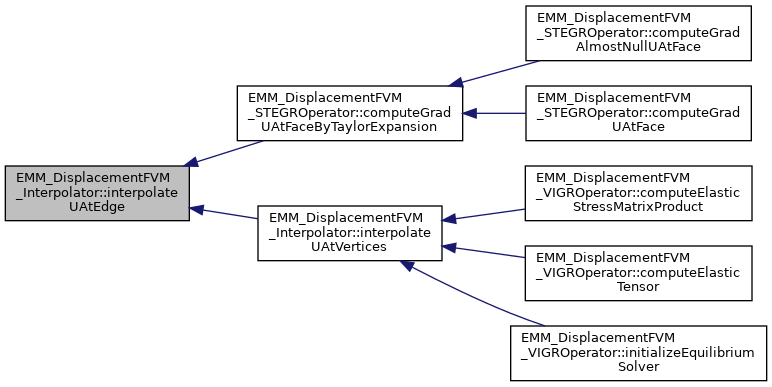
◆ interpolateUAtFace() [1/2]
|
inlinestatic |
compute interpolation of U at Face
- Parameters
-
[in] xCell index of the segment of cell in the x-direction within [0,Px-1[ [in] yCell index of the segment of cell in the y-direction within [0,Py-1[ [in] zCell index of the segment of cell in the z-direction within [0,Pz-1[ [in] Px : number of points in the direction x [in] Py : number of points in the direction y [in] Pz : number of points in the direction z [in] periodicity : periodicty of the domain per direction [in] neighborsIndices :indices of the neighbor of each cell [in] f face index in [0,FACES_NUMBER_PER_ELEMENT[ [in] dim : dimension of each point of U [in] Ucells values of U at all cells [in] lc limit condition on all points of the mesh [in] incU0 increment for U0 (0: for constant U0, 1:for not uniform U0) [in] U0 values of U0 of size dim when incU0=0 or dim x Px x Py x Pz [out] Umean : mean of U on cell
- Returns
- false if U is null
commpute the mean of U over the face f on the cell at segment indices xcell,yCell,zCell into Um
![$ U_{mean} = \frac{1}{4} \sum_{i=0}^{i=3} U[iP] $](form_715.png) with iP is the point of the face
with iP is the point of the face
References null.
Referenced by EMM_DisplacementFVM_VTEGROperator::computeGradUAtCellByTaylorExpansionWithNeumannInterpolation(), and interpolateAlmostNullUAtFace().
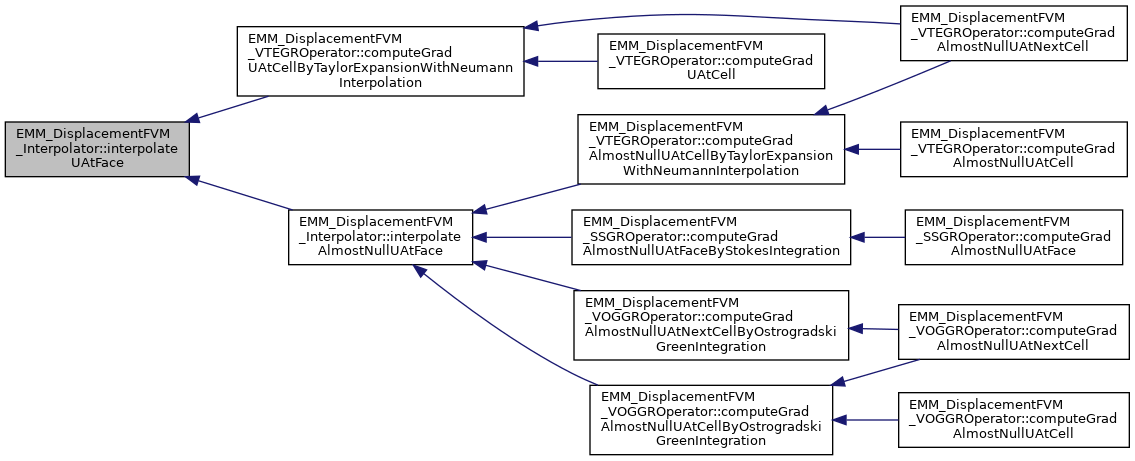
◆ interpolateUAtFace() [2/2]
|
staticprivate |
compute interpolation of U at Face
- Parameters
-
[in] xCell index of the segment of cell in the x-direction within [0,Px-1[ [in] yCell index of the segment of cell in the y-direction within [0,Py-1[ [in] zCell index of the segment of cell in the z-direction within [0,Pz-1[ [in] Px : number of points in the direction x [in] Py : number of points in the direction y [in] Pz : number of points in the direction z [in] periodicity : periodicty of the domain per direction [in] neighborsIndices :indices of the neighbor of each cell [in] f face index in [0,FACES_NUMBER_PER_ELEMENT[ [in] dim : dimension of each point of U [in] Ucells values of U at all cells [in] Ui values of U at cell i if ucells is null everywhere outside cell (xcell,yCell,zCell) [in] lc limit condition on all points of the mesh [in] incU0 increment for U0 (0: for constant U0, 1:for not uniform U0) [in] U0 values of U0 of size dim when incU0=0 or dim x Px x Py x Pz [out] Umean : mean of U on cell
- Returns
- false if U is null
commpute the mean of U over the face f on the cell at segment indices xcell,yCell,zCell into Um
![$ U_m = \frac{1}{4} \sum_{i=0}^{i=3} U[iP] $](form_716.png) with iP is the point of the face
with iP is the point of the face
References EMM_Grid3D::DIRICHLET_LIMIT_CONDITION, EMM_Grid3D::ELEMENT_POINTS, EMM_Grid3D::FACE_POINTS, EMM_Grid3D::GET_MASTER_PERIODIC_POINT(), EMM_Grid3D::getPeriodicIndicator(), interpolateUAtVertex(), null, EMM_Grid3D::POINTS_NUMBER_PER_FACE, EMM_Grid3D::SLAVE_LIMIT_CONDITION, tBoolean, tDimension, tLimitCondition, tReal, tUCInt, tUIndex, and tUInteger.

◆ interpolateUAtVertex() [1/2]
|
staticprivate |
References EMM_Grid3D::DIRICHLET_LIMIT_CONDITION, EMM_Grid3D::ELEMENT_POINTS, EMM_Grid3D::GET_MASTER_PERIODIC_POINT(), EMM_Grid3D::getPeriodicIndicator(), CORE_MorseArray< T >::getSize(), null, EMM_Grid3D::SLAVE_LIMIT_CONDITION, tBoolean, tDimension, tIndex, tReal, tUCInt, and tUIndex.
Referenced by interpolateAlmostNullUAtVertex(), interpolateUAtFace(), interpolateUAtVertex(), and interpolateUAtVertices().


◆ interpolateUAtVertex() [2/2]
|
inlinestatic |
◆ interpolateUAtVertices() [1/2]
|
inlinestatic |
References edgeMean(), EMM_RealField::getDimension(), EMM_RealField::getSize(), EMM_RealField::getValues(), interpolateUAtEdge(), tBoolean, tDimension, tLimitCondition, tReal, tUCInt, tUIndex, and tUInteger.
Referenced by EMM_DisplacementFVM_VIGROperator::computeElasticStressMatrixProduct(), EMM_DisplacementFVM_VIGROperator::computeElasticTensor(), and EMM_DisplacementFVM_VIGROperator::initializeEquilibriumSolver().

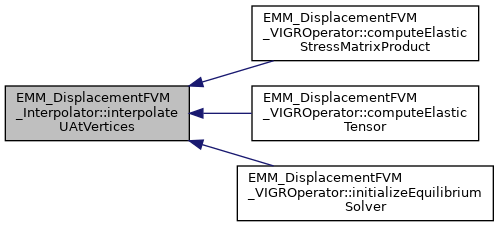
◆ interpolateUAtVertices() [2/2]
|
static |
References CORE_Object::getThread(), CORE_Thread::getThreadsNumber(), EMM_RealField::getValues(), interpolateUAtVertex(), null, EMM_Object::NULL_VALUE, OMP_GET_THREAD_ID, OMP_PARALLEL_PRIVATE_SHARED, EMM_RealField::setDimension(), EMM_RealField::setSize(), tBoolean, tLimitCondition, tReal, tUIndex, and tUInteger.
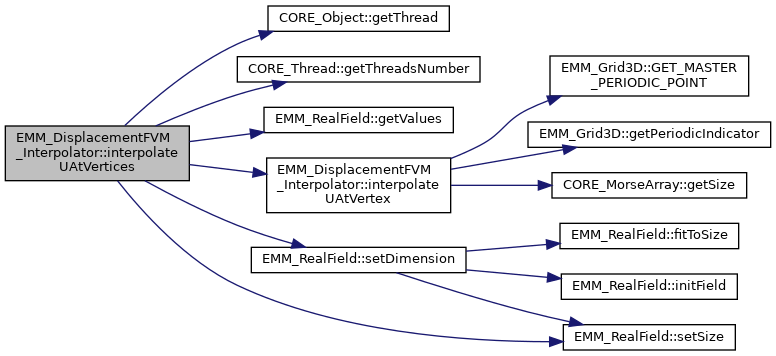
◆ is32Architecture()
|
inlinestaticinherited |
return true if the machine is a 32 bits machine
- Returns
- true is the computing is done in a 32 bits machine
References CORE_Object::pointer2String(), CORE_Object::printObjectsInMemory(), and tString.
Referenced by CORE_Test::testType().


◆ is64Architecture()
|
inlinestaticinherited |
return true if the machine is a 64 bits machine
- Returns
- true is the computing is done in a 64 bits machine
Referenced by EMM_VTK::getVTKType(), and CORE_Test::testType().
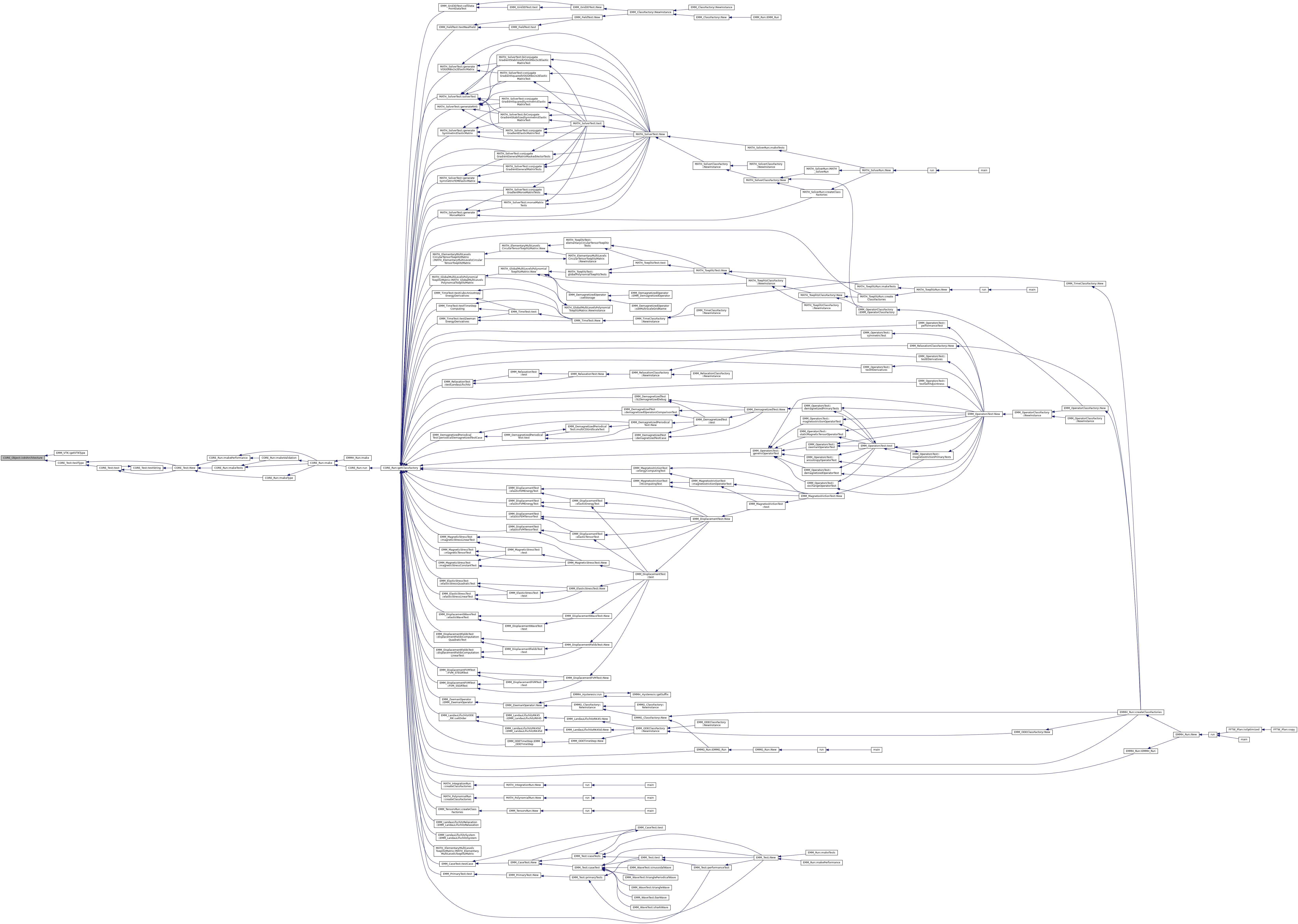
◆ isInstanceOf() [1/2]
|
inlineinherited |
test if the clas T is an instance of this class
- Returns
- true if the object is an instance of T
References null.
Referenced by MATH_ToeplitzTest::toeplitzTest().

◆ isInstanceOf() [2/2]
test if the object is an instance of className
- Parameters
-
name name of the class
- Returns
- true if the object is an instance of class Name
References CORE_Object::getIdentityString().

◆ isMemoryChecked()
|
inlinestaticinherited |
get if the memory checking is used
- Returns
- true: if the memory checking is used.
References CORE_Object::getClassName(), CORE_Object::mIsMemoryTesting, and tString.
Referenced by main().


◆ out()
|
inlinestaticinherited |
get the output
- Returns
- the output stream
Referenced by EMM_Matter::adimensionize(), EMM_DisplacementFVMOperator::backup(), EMM_DisplacementOperator::backup(), MATH_ElementaryMultiLevelsToeplitzMatrix::buildSpectralVectorProjector(), EMM_Test::caseTest(), EMM_Test::caseTests(), EMM_MatterField::computeAnisotropyDirectionsField(), EMM_OptimalTimeStep::computeOptimalTimeStep(), MATH_MultiLevelsToeplitzMatrix::copy(), CORE_Exception::CORE_Exception(), EMM_MatterField::createAnisotropyOperator(), CORE_Run::createIO(), EMM_ElementaryTest::defaultBackupTest(), EMM_ElementaryTest::defaultTest(), MATH_MultiLevelsFFTToeplitzMatrix::diagonalize(), EMM_DisplacementFVMOperator::discretize(), EMM_MagnetostrictionOperator::discretize(), EMM_DisplacementFEMOperator::discretize(), EMM_4SymmetricTensors::doubleDot(), EMM_4Tensors::doubleDotCrossDoubleDotScalar(), EMM_TensorsTest::doubleDotCrossDoubleDotScalarTests(), EMM_4Tensors::doubleDotCrossProduct(), EMM_TensorsTest::doubleDotCrossProductTests(), EMM_4Tensors::doubleDotCrossSquaredScalar(), EMM_TensorsTest::doubleDotCrossSquaredScalarTests(), EMM_4Tensors::doubleDotProduct(), EMM_TensorsTest::doubleDotProductTests(), EMM_DisplacementWaveTest::elasticWaveTest(), EMM_Test::elementaryTests(), FFTW_Test::fftwTutorial(), MATH_IntegrationTest::gaussLegendreTest(), EMM_MagnetostrictionTest::HComputingTest(), EMM_DemagnetizedPeriodicalTest::HTest(), EMMH_HysteresisTest::hysteresisDefaultCycleTest(), EMM_TensorsTest::initializationTests(), EMM_MultiScaleGrid::initialize(), EMM_MultiScaleSDGrid::initialize(), EMM_MatterField::loadFromANIFile(), EMM_AnisotropyDirectionsField::loadFromFile(), EMM_Matter::loadFromFile(), EMM_Grid3D::loadFromGEOFile(), EMM_MatterField::loadFromLOCFile(), EMM_Array< tCellFlag >::loadFromStream(), EMM_Matter::loadFromStream(), EMM_Matter::loadMattersFromFile(), EMM_Run::loadSystemFromOptions(), EMM_ElementaryTest::magnetostrictionBackupTest(), CORE_Run::make(), EMMH_Run::makeHysteresis(), EMM_Run::makeRun(), CORE_Run::makeType(), EMM_ElementaryTest::optionsTest(), MATH_PolynomialTest::P4Tests(), EMM_Test::primaryTests(), EMM_LandauLifschitzSystem::printLog(), CORE_Run::printOptions(), EMM_2PackedSymmetricTensors::product(), EMMG_SLDemagnetizedOperator::projectionOnSpectralSpace(), CORE_Run::readOptionsFromCommandLine(), CORE_Test::readVectorTest(), EMM_DemagnetizedPeriodicalTest::relaxationTest(), EMM_DisplacementFVMOperator::restore(), EMM_DisplacementOperator::restore(), EMM_Input::restoreBackup(), EMMH_Hysteresis::run(), EMM_Output::save(), EMM_AnisotropyDirectionsField::saveToFile(), EMM_MatterField::saveToFile(), EMM_Grid3D::saveToGEOFile(), CORE_IOTest::searchTest(), EMMH_Hysteresis::setInitialMagnetizationField(), MATH_MultiLevelsToeplitzMatrix::setLevels(), EMM_4SymmetricTensors::squaredDoubleDot(), EMM_4Tensors::squaredDoubleDotCrossScalar(), EMM_TensorsTest::squaredDoubleDotCrossScalarTests(), EMM_4Tensors::squaredDoubleDotScalar(), EMM_TensorsTest::squaredDoubleDotScalarTests(), EMM_TensorsTest::squaredDoubleDotTests(), EMM_MatterTest::testAdimensionize(), EMM_MatterTest::testANIFile(), CORE_Test::testComplex(), CORE_Test::testDateWeek(), FFTW_Test::testDFT(), EMM_MatterTest::testIO(), EMM_ODETest::testODE(), CORE_Test::testOut(), CORE_Test::testReal(), EMM_FieldTest::testRealArray(), EMM_Grid3DTest::testSegment(), EMM_Grid3DTest::testThinSheet(), CORE_Test::testTime(), CORE_Test::testType(), MATH_FullMatrix::toString(), EMM_DemagnetizedPeriodicalTest::xyPeriodicalCubeSDGTest(), and EMM_DemagnetizedPeriodicalTest::xyPeriodicalSheetSDGTest().

◆ pointer2String()
|
staticinherited |
return the string representation of a pointer
- Parameters
-
obj : oject to get the string pointer
- Returns
- the string pointer of the object
References tString.
Referenced by CORE_Object::CORE_Object(), CORE_Object::getIdentityString(), CORE_Object::getPointerAddress(), CORE_Object::is32Architecture(), and CORE_Object::~CORE_Object().

◆ printObjectsInMemory() [1/2]
|
staticinherited |
print object in memory
- Parameters
-
f : output to print the objects in memory
References CORE_Object::getIdentityString(), CORE_Object::getSharedPointer(), CORE_Object::mIsMemoryTesting, CORE_Object::mObjects, and tInteger.

◆ printObjectsInMemory() [2/2]
|
inlinestaticinherited |
print object in memory in the standart output
Referenced by CORE_Object::is32Architecture(), and main().
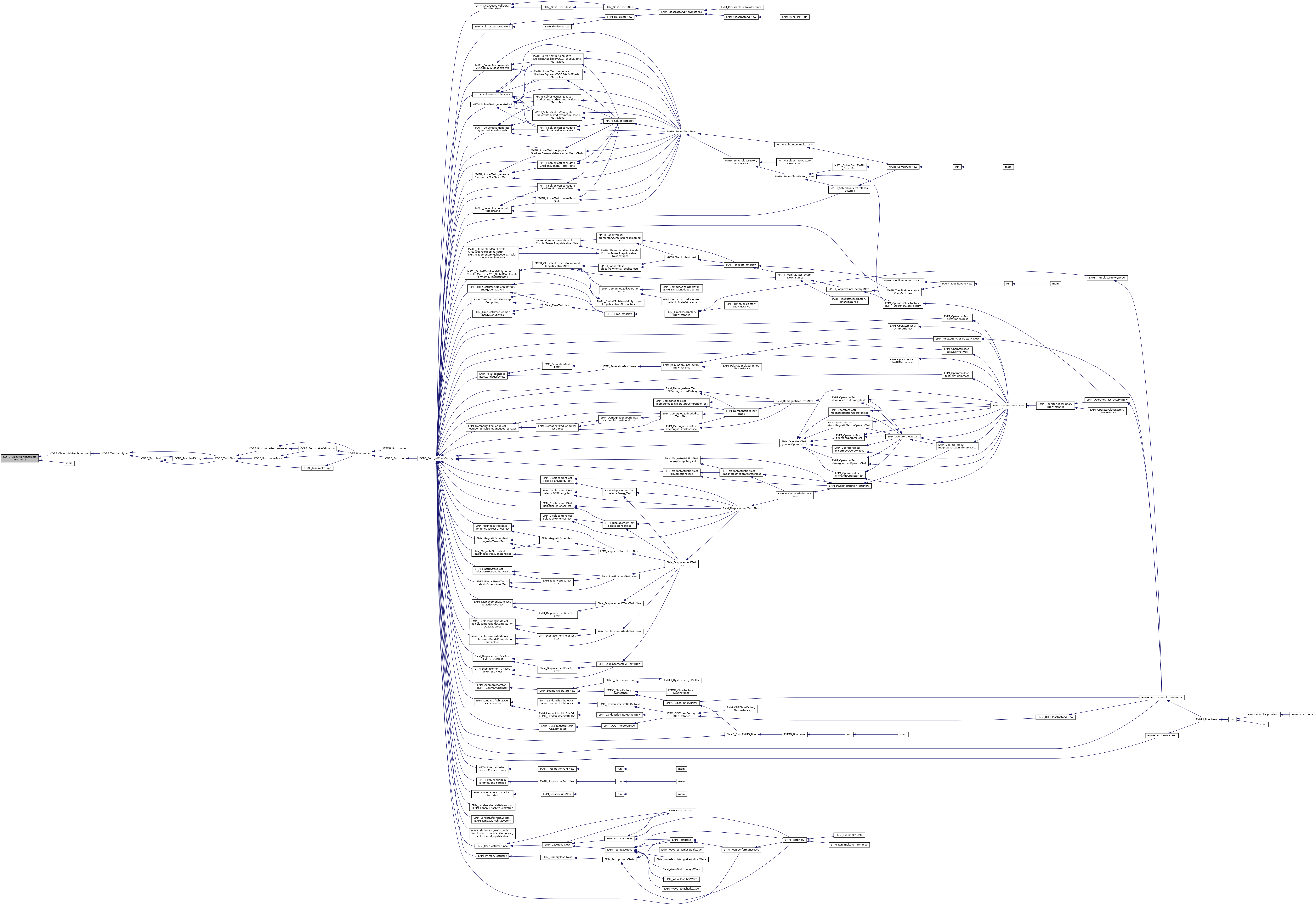
◆ resetOut()
|
inlinestaticinherited |
◆ resetThread()
|
inlinestaticinherited |
◆ setIsMemoryChecked()
|
inlinestaticinherited |
set if the memory checking is used
- Parameters
-
v : true to check memory
Referenced by main().

◆ setOut()
|
inlinestaticinherited |
◆ setThis()
|
inlineprotectedinherited |
set this weak shared pointer called toDoAfterThis setting method
- Parameters
-
p : shared pointer of the class This
References CORE_Object::toDoAfterThisSetting().

◆ setThread()
|
inlinestaticinherited |
set the thread
- Parameters
-
thread the shared pointer to the thread
References null.
Referenced by EMM_Run::EMM_Run(), EMM_TensorsRun::EMM_TensorsRun(), and MATH_SolverRun::MATH_SolverRun().

◆ SP_OBJECT()
|
private |
◆ toDoAfterThisSetting()
|
inlineprotectedvirtualinherited |
method called after the setting of the shared pointer this method can only be called once.
Reimplemented from CORE_Object.
Reimplemented in EMM_DisplacementOperator, EMM_DisplacementFVMOperator, EMM_GaussLegendreRelaxation, and EMM_GradGaussLegendreRelaxation.
Referenced by EMM_GaussLegendreRelaxation::toDoAfterThisSetting(), and EMM_DisplacementOperator::toDoAfterThisSetting().

◆ toString()
|
inlinevirtualinherited |
return the string representation of the object node
- Returns
- the string representation of the object node
Reimplemented in EMM_DisplacementOperator, EMM_LandauLifschitzSystem, CORE_Array< T >, CORE_Array< tReal >, CORE_Array< tUInteger >, CORE_Array< tString >, CORE_Array< tLimitCondition >, CORE_Array< tUIndex >, CORE_Array< tUChar >, CORE_Array< tCellFlag >, EMM_Grid3D, CORE_Time, CORE_Vector< T >, EMM_Matter, CORE_Out, EMM_DisplacementFEMOperator, EMM_RealField, EMM_DisplacementFVMOperator, CORE_MorseArray< T >, CORE_MorseArray< tReal >, CORE_MorseArray< tUIndex >, CORE_MorseArray< tUChar >, EMM_MagnetostrictionOperator, MATH_MultiLevelsToeplitzMatrix, FFTW_ComplexArray, MATSGN_ComplexArray, EMM_MatterField, CORE_Color, FFTW_Complex, EMM_MultiScaleGrid, MATSGN_Complex, EMM_DisplacementFVM_VTEGROperator, EMM_CondensedMassMatrix, EMM_LandauLifschitzFunction, EMM_Tensors, EMM_DisplacementFVM_SSGROperator, EMMG_SLDemagnetizedOperator, EMM_BlockMassMatrix, CORE_Array2D< T >, EMM_DisplacementFVM_STEGROperator, EMMH_HysteresisFile, EMM_IterativeTimeStep, CORE_SharedPointersVMap< Key, Value >, CORE_SharedPointersVMap< tString, const CORE_Object >, CORE_SharedPointersVMap< tString, CORE_Object >, EMM_AnisotropyDirectionsField, EMM_DemagnetizedOperator, CORE_SharedPointersListVMap< Key, Value >, CORE_String, EMM_OptimalTimeStep, MATH_MaskArrayVector, CORE_SharedPointersKVMap< Key, Value >, MATH_ArrayVector, EMM_Stepper, EMM_CanonicalMassMatrix, MATH_Pn, MATH_FullMatrix, EMMG_SLPeriodicMultiScale, EMM_HyperElasticMatter, MATH_Matrix, CORE_Array3D< T >, EMM_CubicElasticMatter, CORE_Complex, CORE_Integer, CORE_Real, and EMM_MagnetostrictiveMatter.
References CORE_Object::getIdentityString().
Referenced by CORE_Out::genericPrint(), EMM_VelocitySolverTest::massMatrixTrivialSolverTest(), MATH_ConjugateGradient::solve(), CORE_SharedPointersKVMap< Key, Value >::toString(), CORE_SharedPointersListVMap< Key, Value >::toString(), CORE_SharedPointersVMap< tString, CORE_Object >::toString(), EMM_MagnetostrictionOperator::toString(), EMM_Matter::toString(), and EMM_DisplacementOperator::toString().

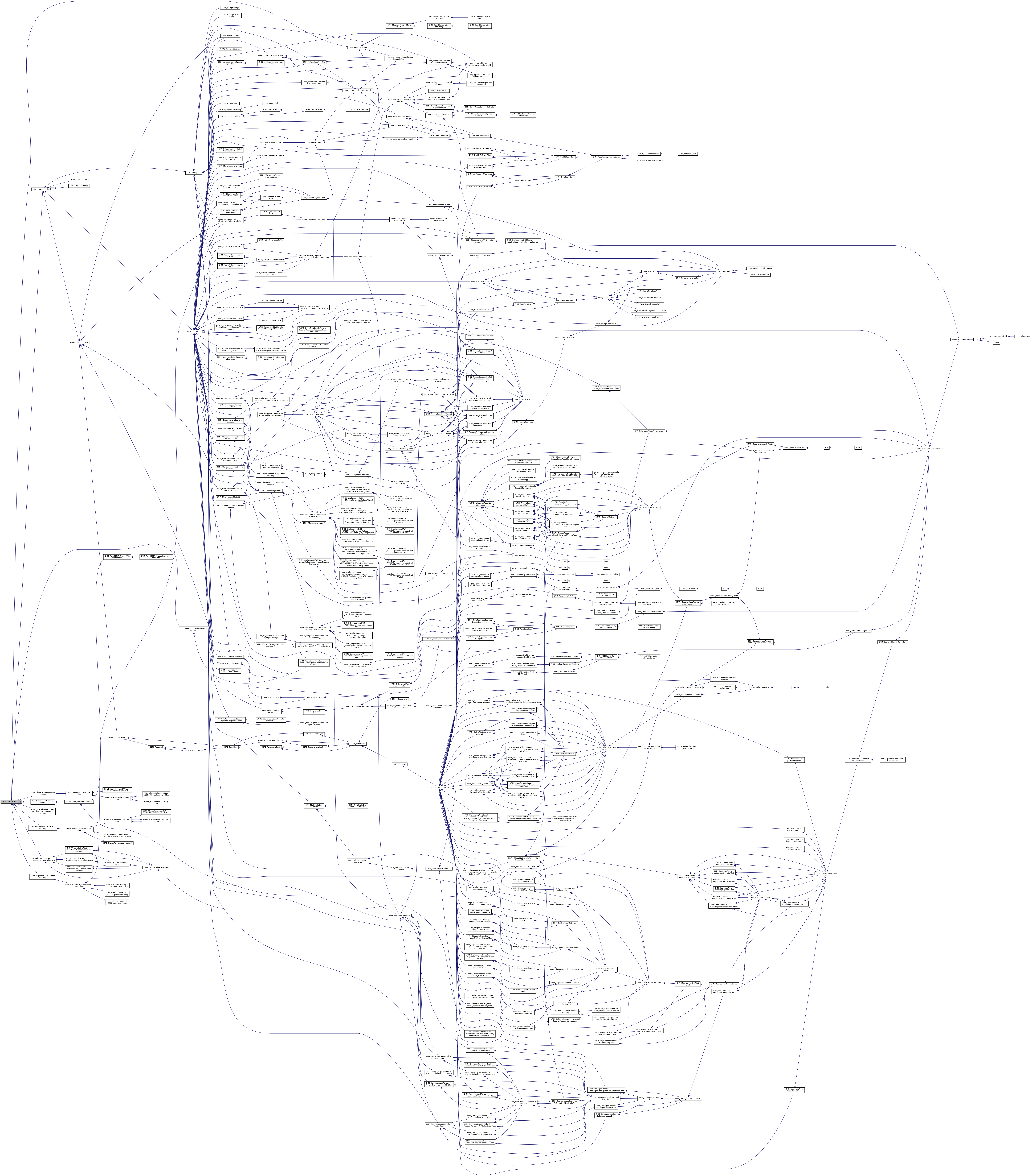
Member Data Documentation
◆ DIRICHLET_FACE
|
staticprotected |
Referenced by EMM_DisplacementFVM_VTEGROperator::computeGradAlmostNullUAtCellByTaylorExpansionWithNeumannInterpolation(), EMM_DisplacementFVM_STEGROperator::computeGradAlmostNullUAtFaceByTaylorExpansion(), EMM_DisplacementFVM_VTEGROperator::computeGradUAtCellByTaylorExpansionWithNeumannInterpolation(), interpolateUAtEdge(), and EMM_DisplacementFVMOperator::setBoundaryFaceTypes().
◆ Gamma
|
staticinherited |
◆ Mu0
|
staticinherited |
Referenced by EMM_MatterField::adimensionize(), EMM_MagnetostrictionOperator::adimensionize(), EMM_Matter::adimensionize(), EMM_CubicAnisotropyOperator::ComputeMagneticExcitation(), EMM_CubicAnisotropyOperator::computeMagneticExcitationField(), EMM_CubicAnisotropyOperator::computeMagneticExcitationFieldGradient(), EMM_CubicAnisotropyOperator::ComputeMagneticExcitationGradient(), EMM_Test::createMatters(), EMM_MatterField::getElasticTensorAdimensionizedParameter(), and EMM_MatterTest::testAdimensionize().
◆ NEUMANN_FACE
|
staticprotected |
Referenced by EMM_DisplacementFVMOperator::computeElasticStress(), EMM_DisplacementFVMOperator::computeEquilibriumMatrixDiagonalConditioner(), EMM_DisplacementFVM_SSGROperator::computeGradAlmostNullUAtFaceByStokesIntegration(), EMM_DisplacementFVMOperator::computeMagneticStress(), and EMM_DisplacementFVMOperator::setBoundaryFaceTypes().
◆ NULL_VALUE
|
staticinherited |
Referenced by EMM_DisplacementFVM_VOGGROperator::computeGradAlmostNullUAtCellByOstrogradskiGreenIntegration(), EMM_DisplacementFVM_VTEGROperator::computeGradAlmostNullUAtCellByTaylorExpansionWithNeumannInterpolation(), EMM_DisplacementFVM_SSGROperator::computeGradAlmostNullUAtFaceByStokesIntegration(), EMM_DisplacementFVM_VOGGROperator::computeGradAlmostNullUAtNextCellByOstrogradskiGreenIntegration(), EMM_DisplacementFVM_VTEGROperator::computeGradUAtCellByTaylorExpansionWithNeumannInterpolation(), EMM_DisplacementFVM_VGROperator::computeGradUAtFace(), EMM_DisplacementFVM_SSGROperator::computeGradUAtFaceByStokesIntegration(), EMM_DisplacementFVM_STEGROperator::computeGradUAtFaceByTaylorExpansion(), interpolateUAtEdge(), and interpolateUAtVertices().
◆ X
|
staticinherited |
◆ Y
|
staticinherited |
Referenced by EMMG_SLSDXPeriodicMultiScale::computeMultiGridExcitationField(), EMMG_RealField::fitToSize(), EMM_MassMatrix::getElementVolume(), EMM_CanonicalMassMatrix::isSymmetric(), EMM_BlockMassMatrix::product(), EMM_CondensedMassMatrix::product(), EMM_RealField::setValue(), EMM_CanonicalMassMatrix::solve(), EMM_BlockMassMatrix::solve(), EMM_BlockMassMatrix::toString(), and EMMG_RealField::wedge().
◆ Z
|
staticinherited |
The documentation for this class was generated from the following files:



 1.8.13
1.8.13